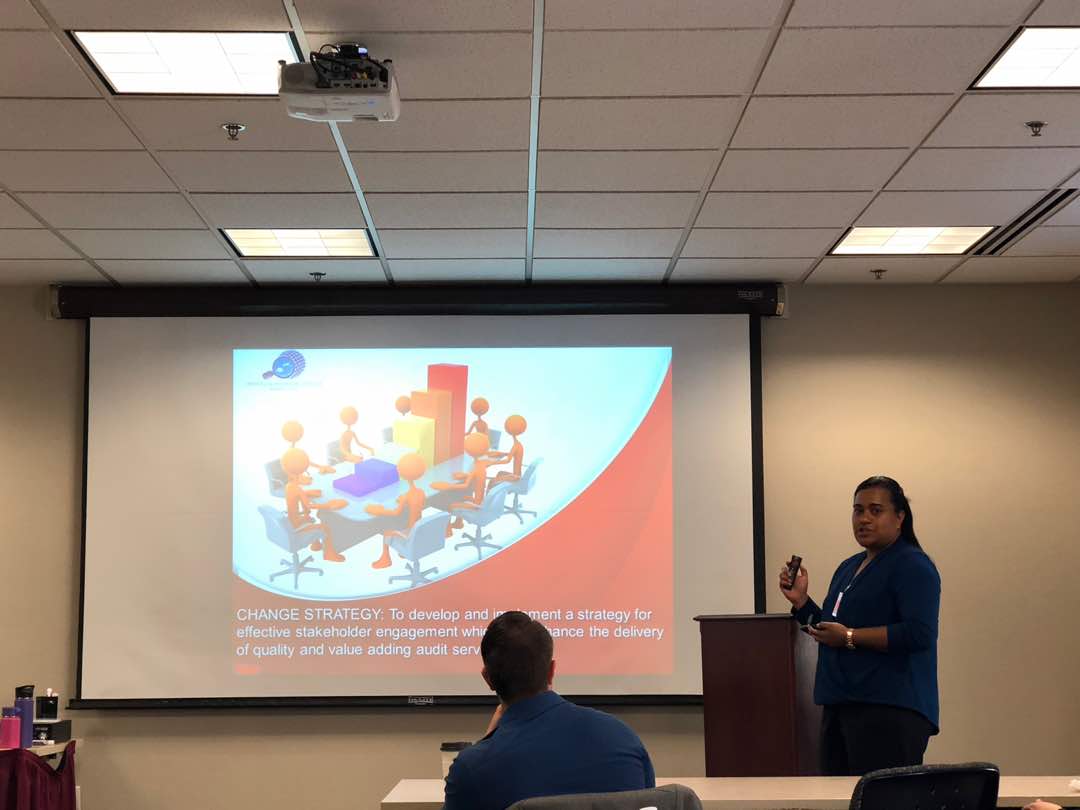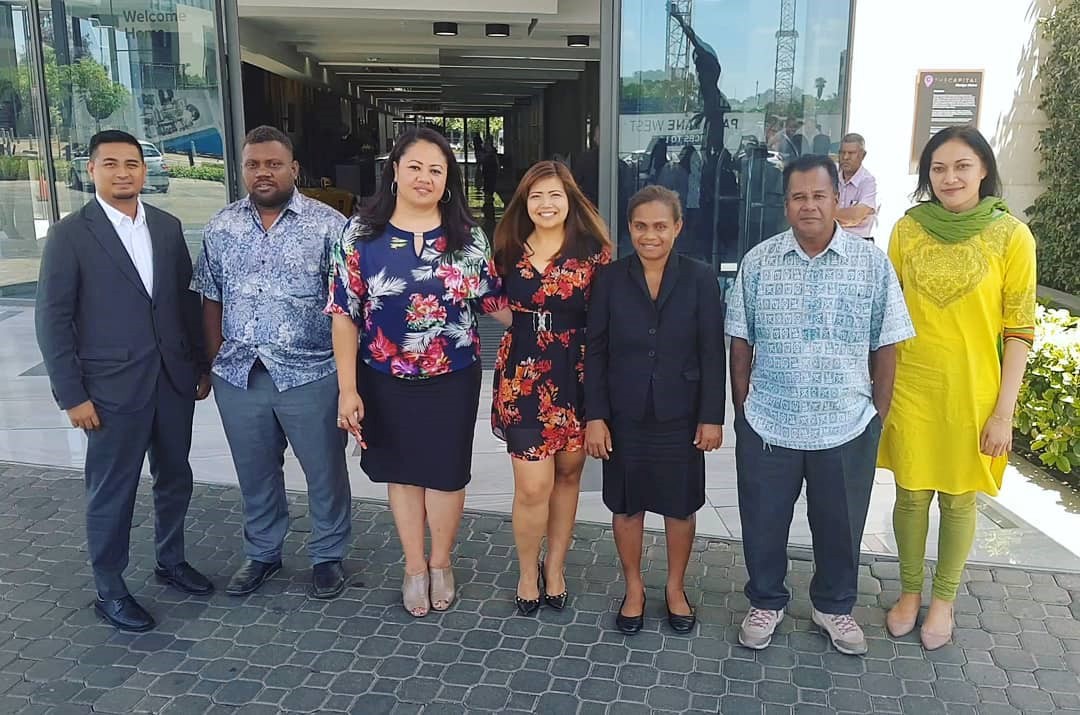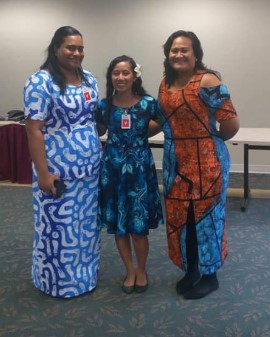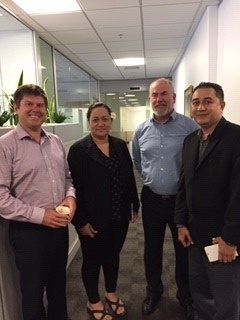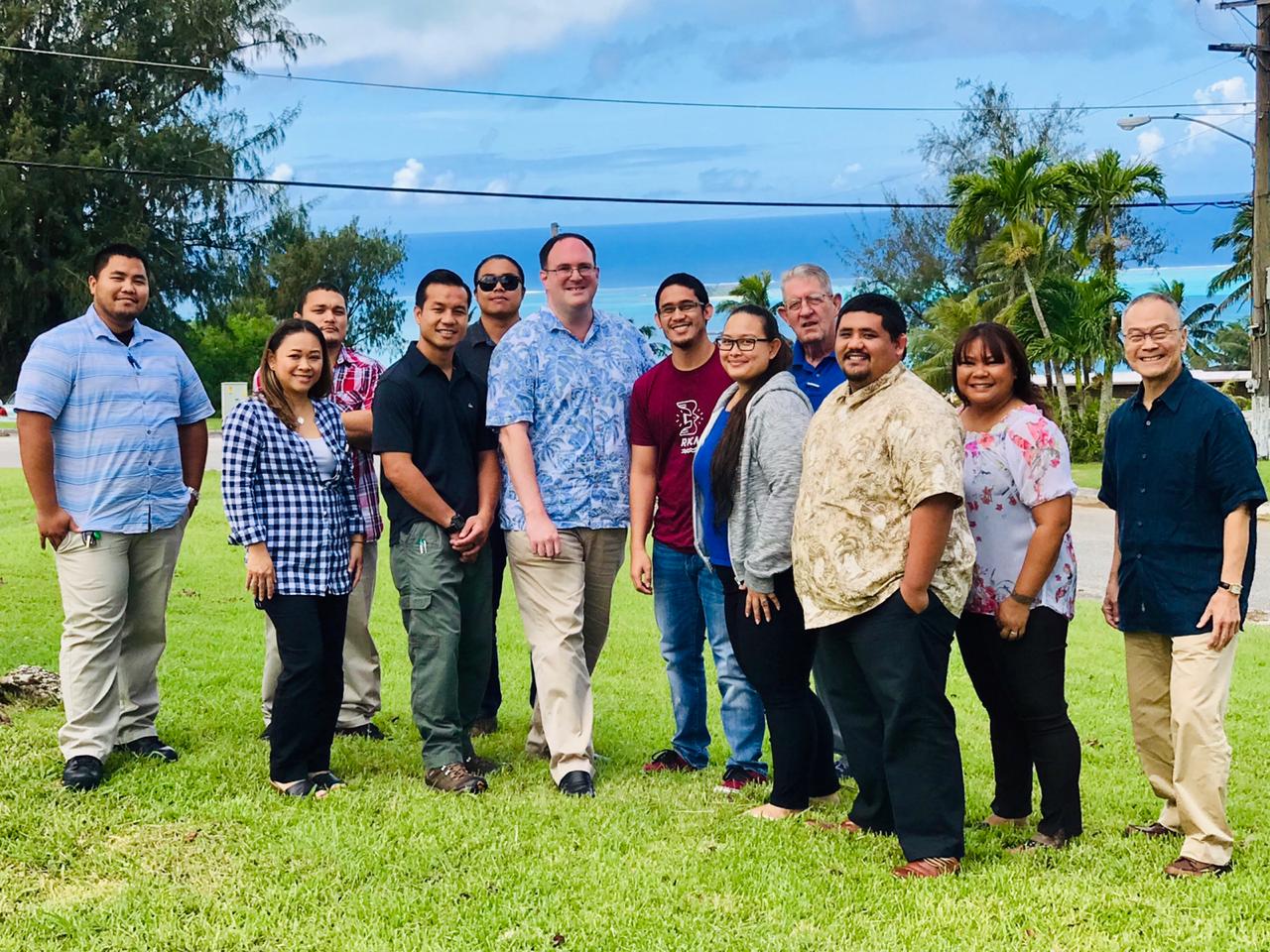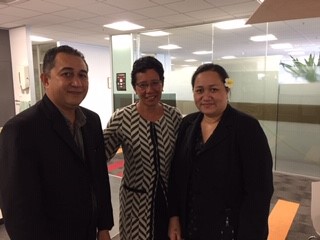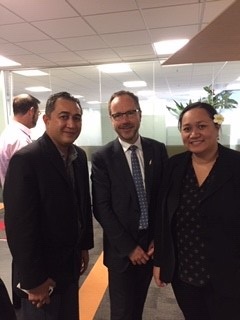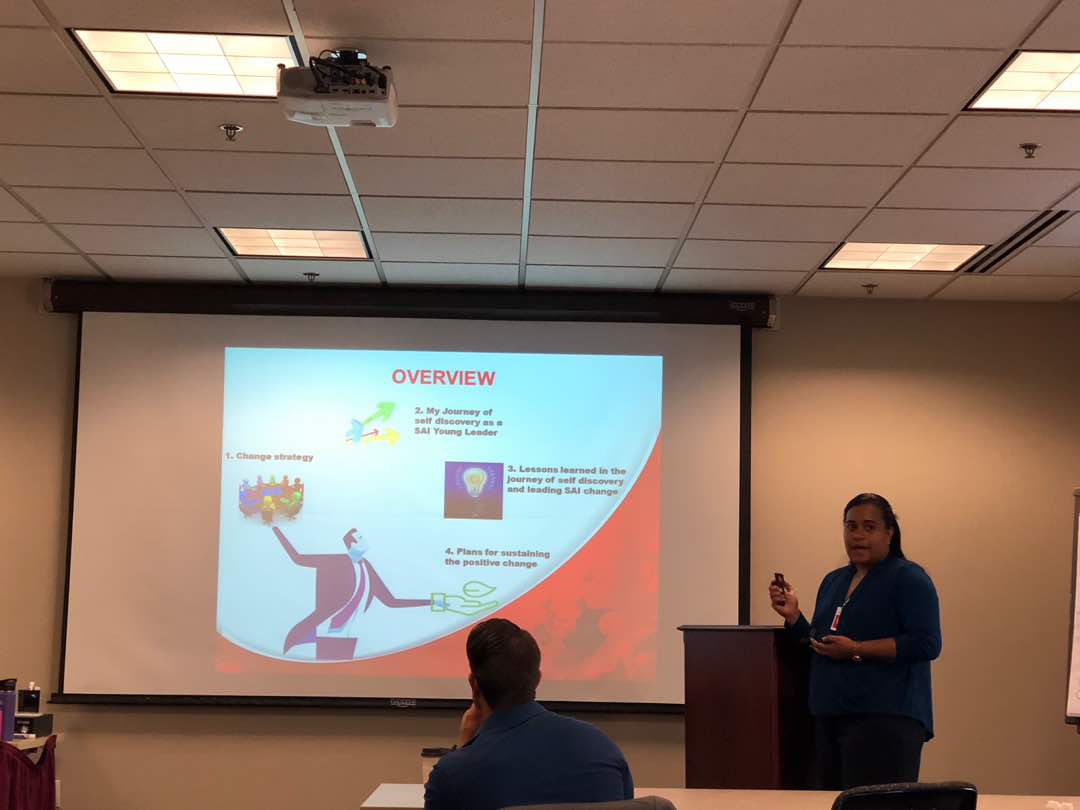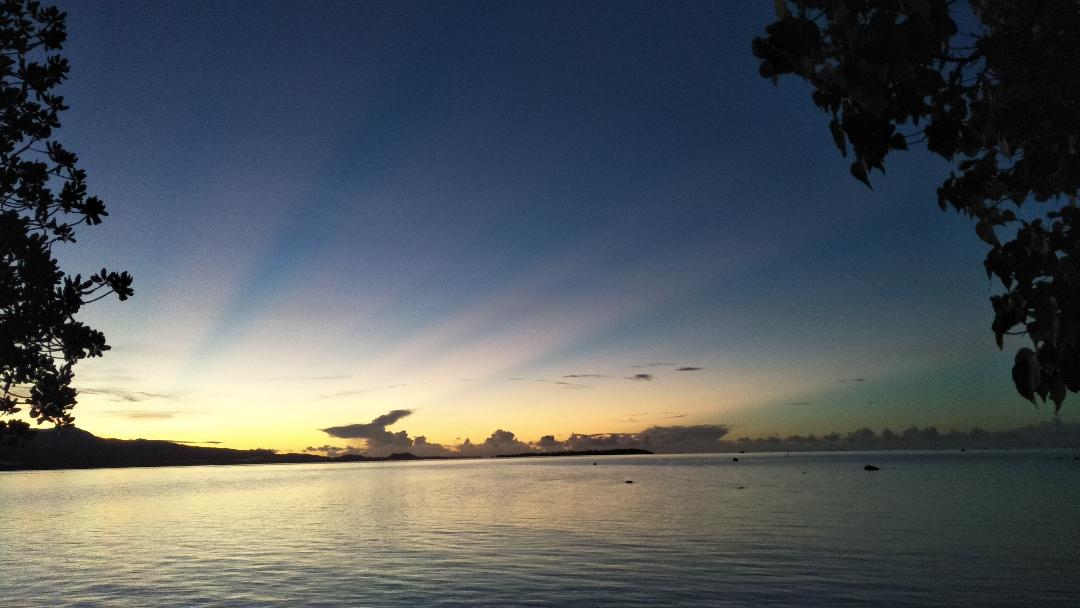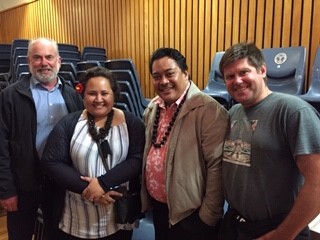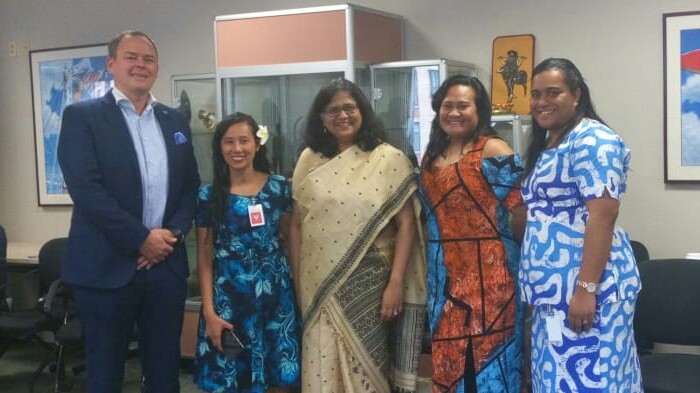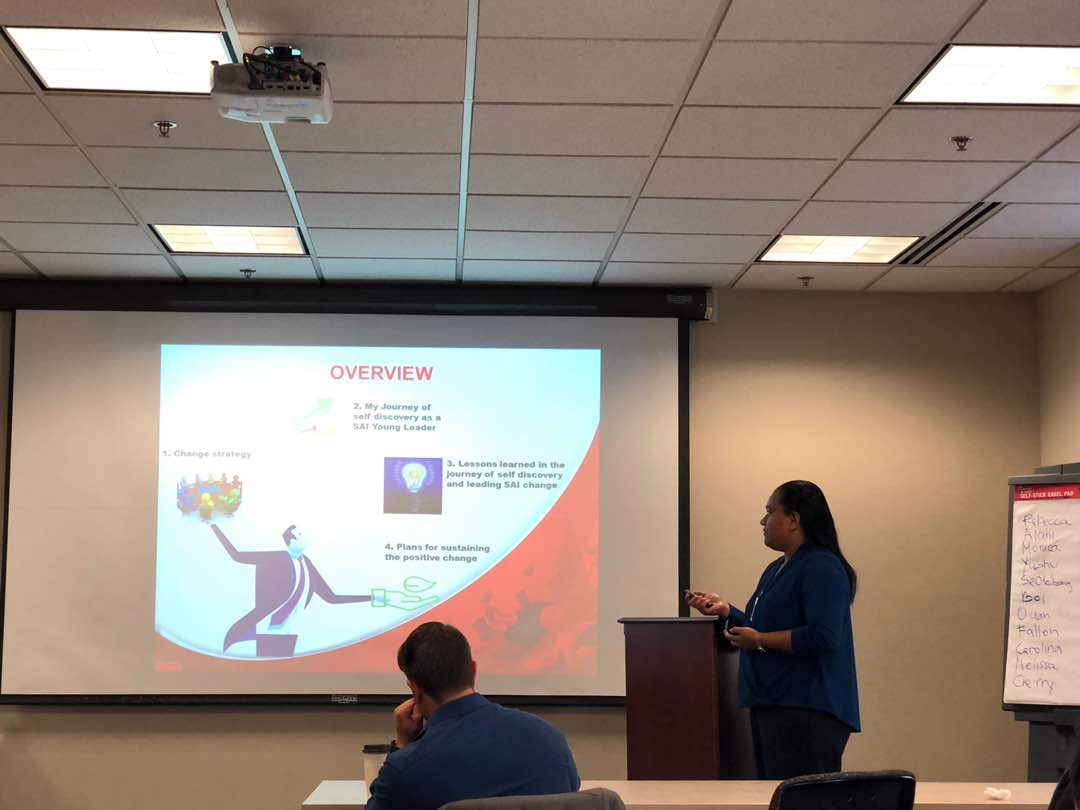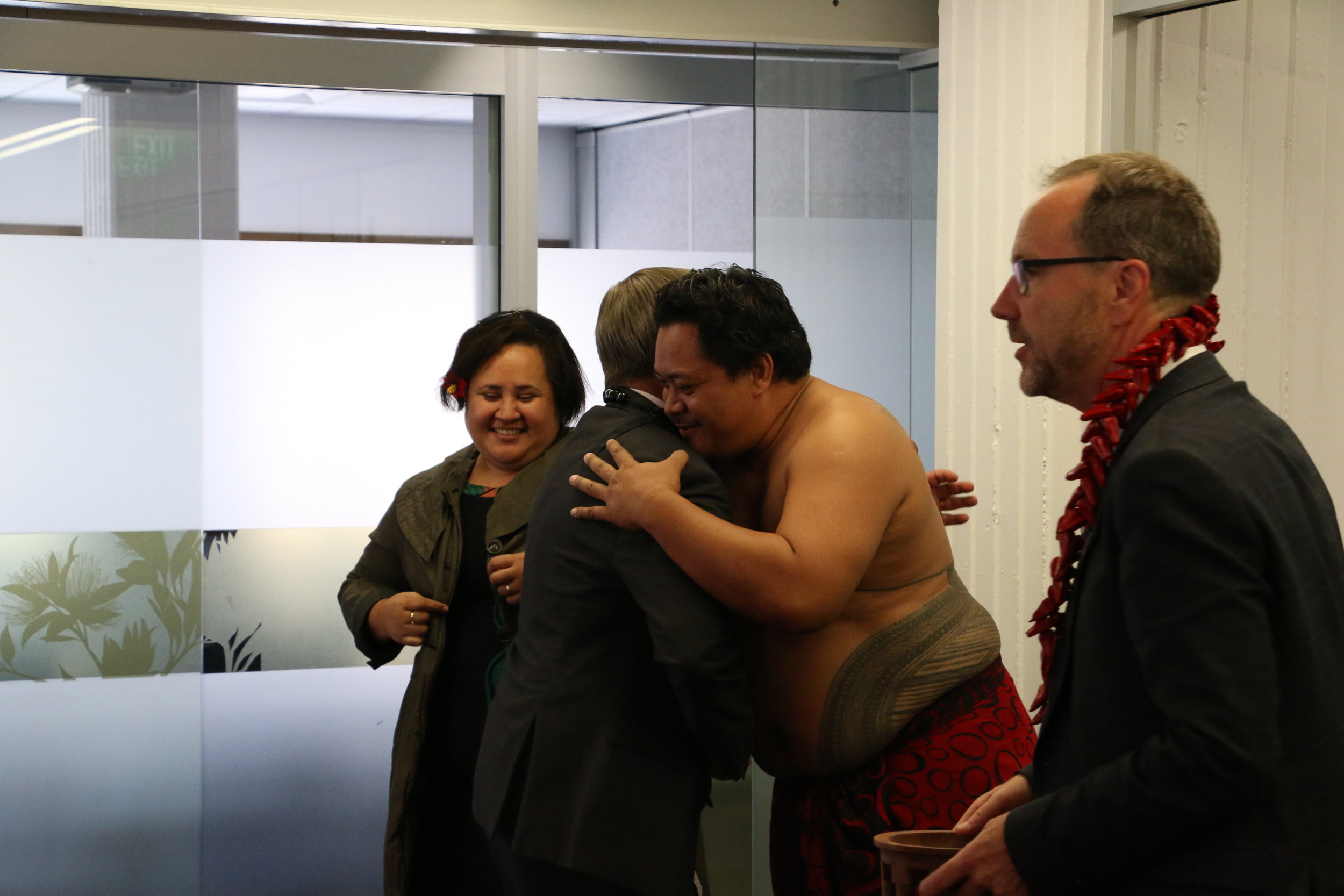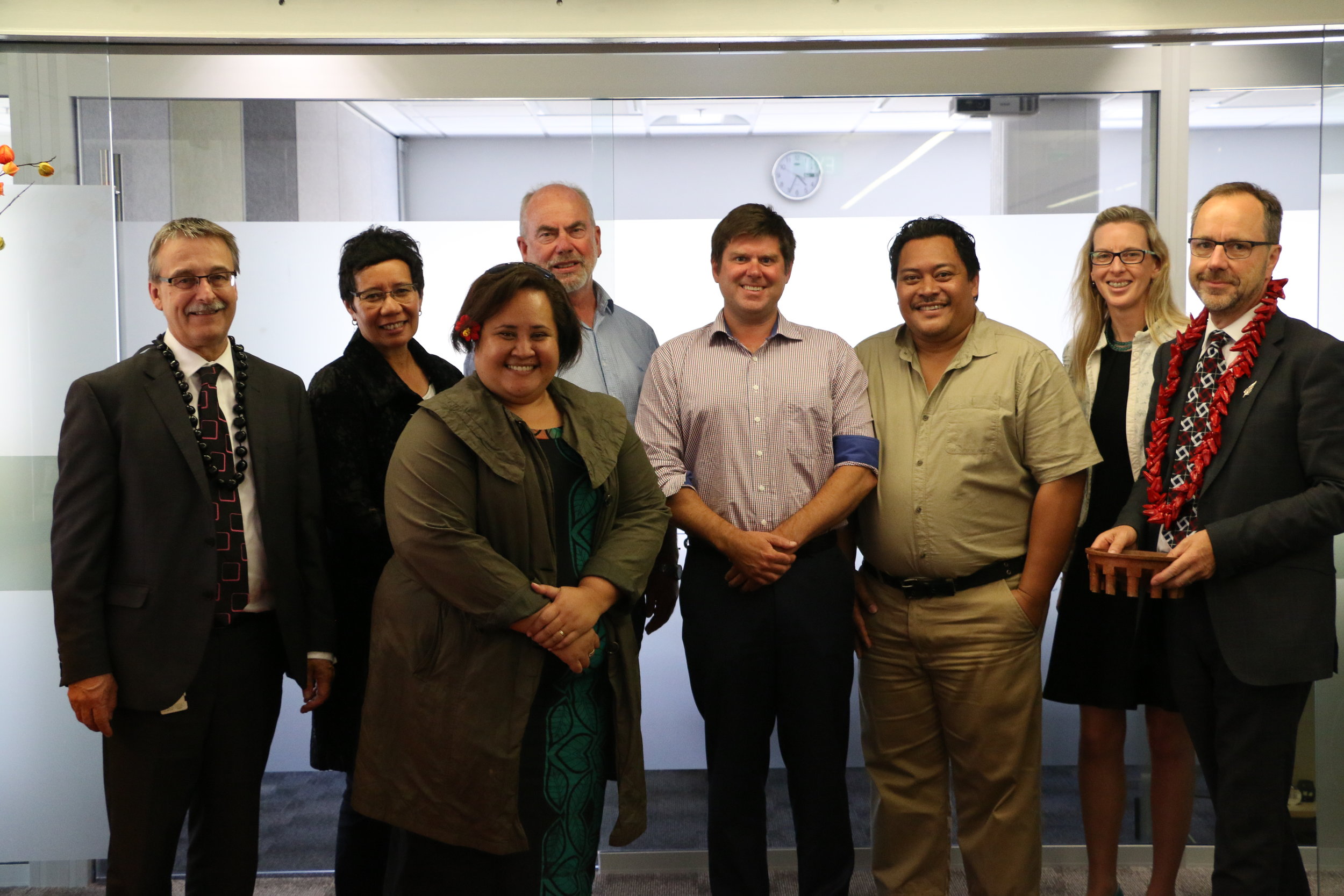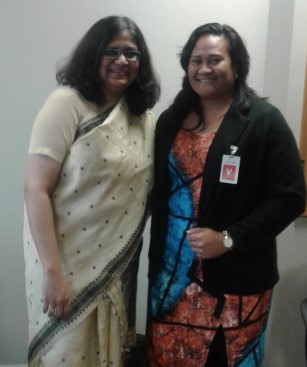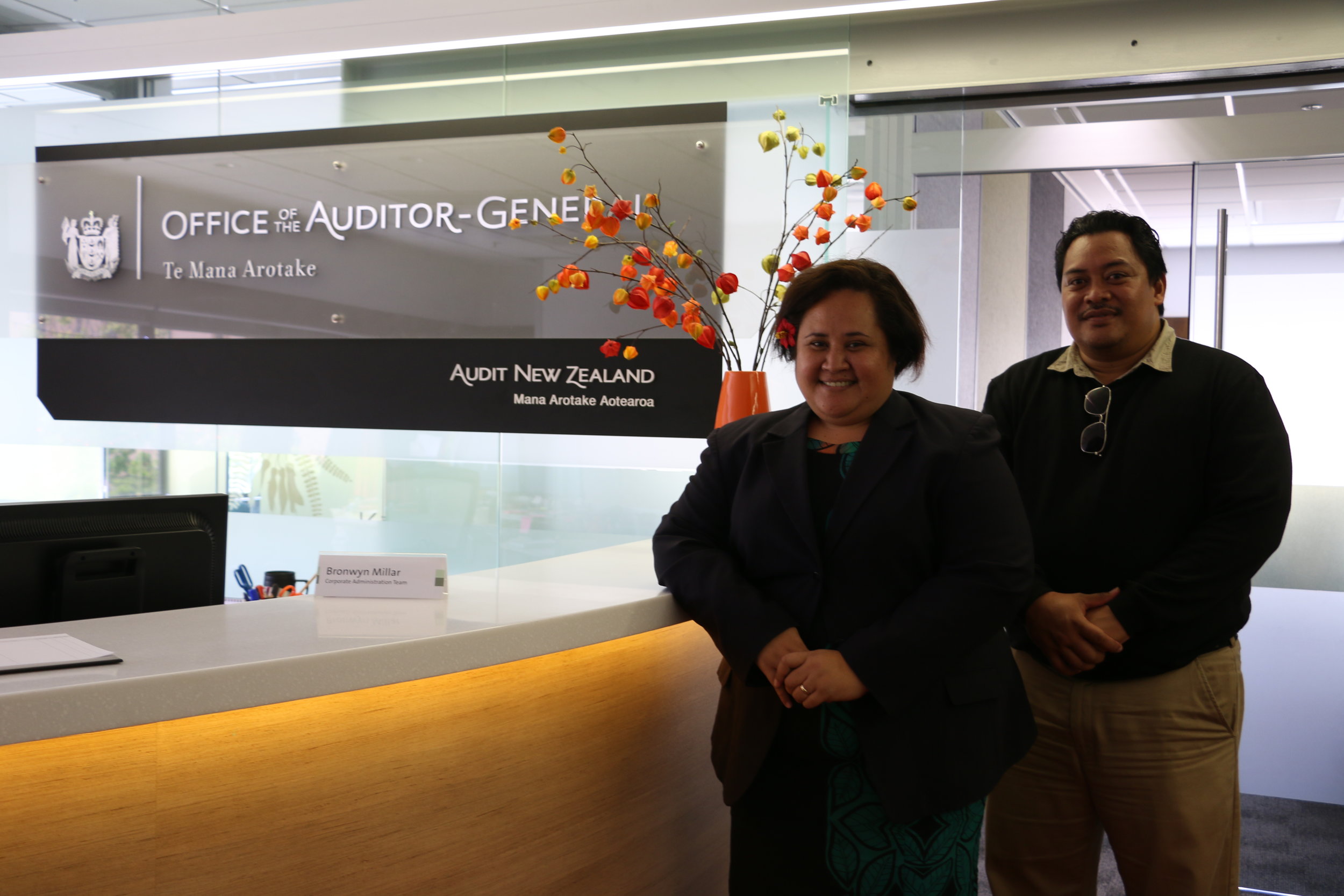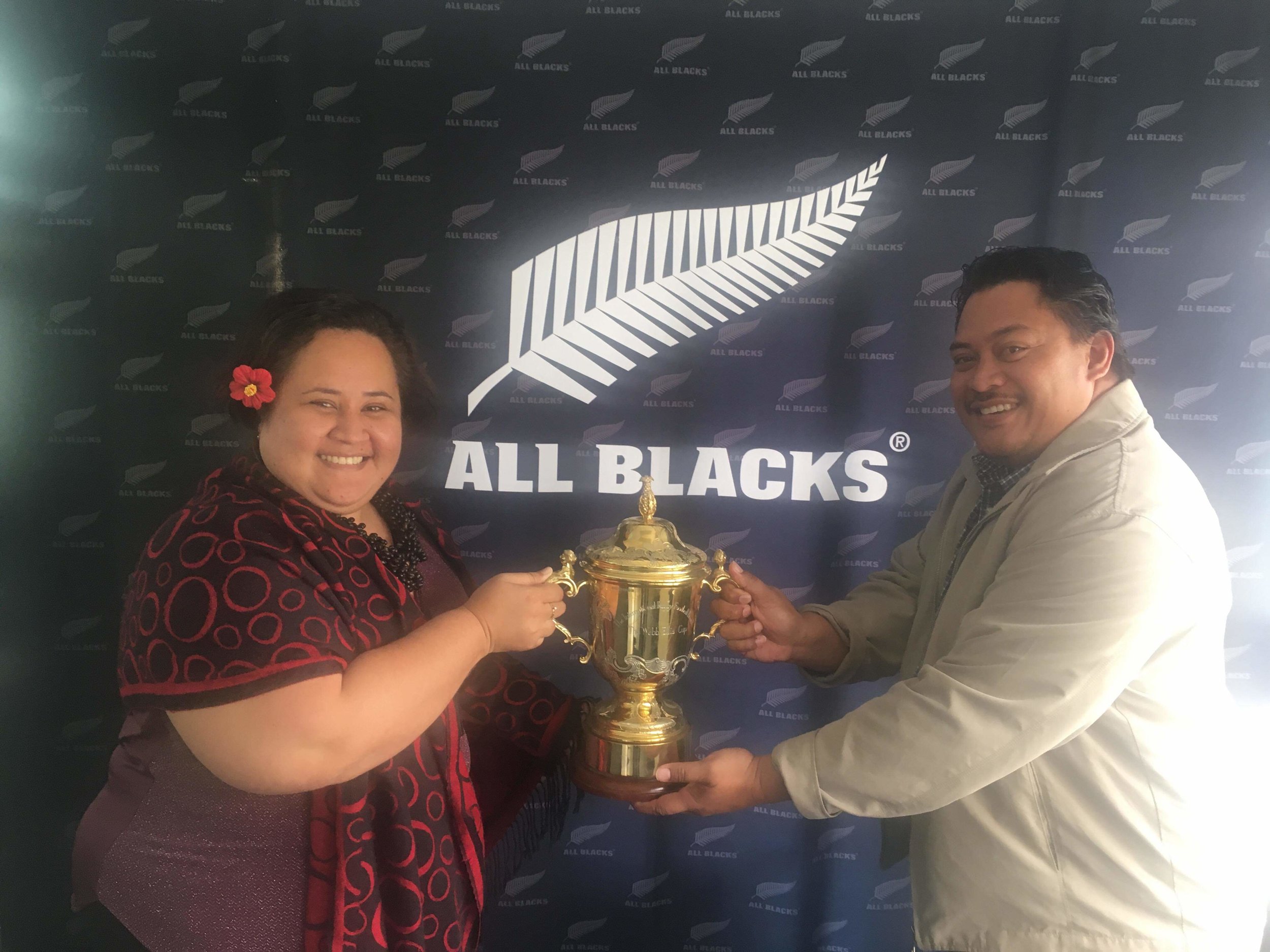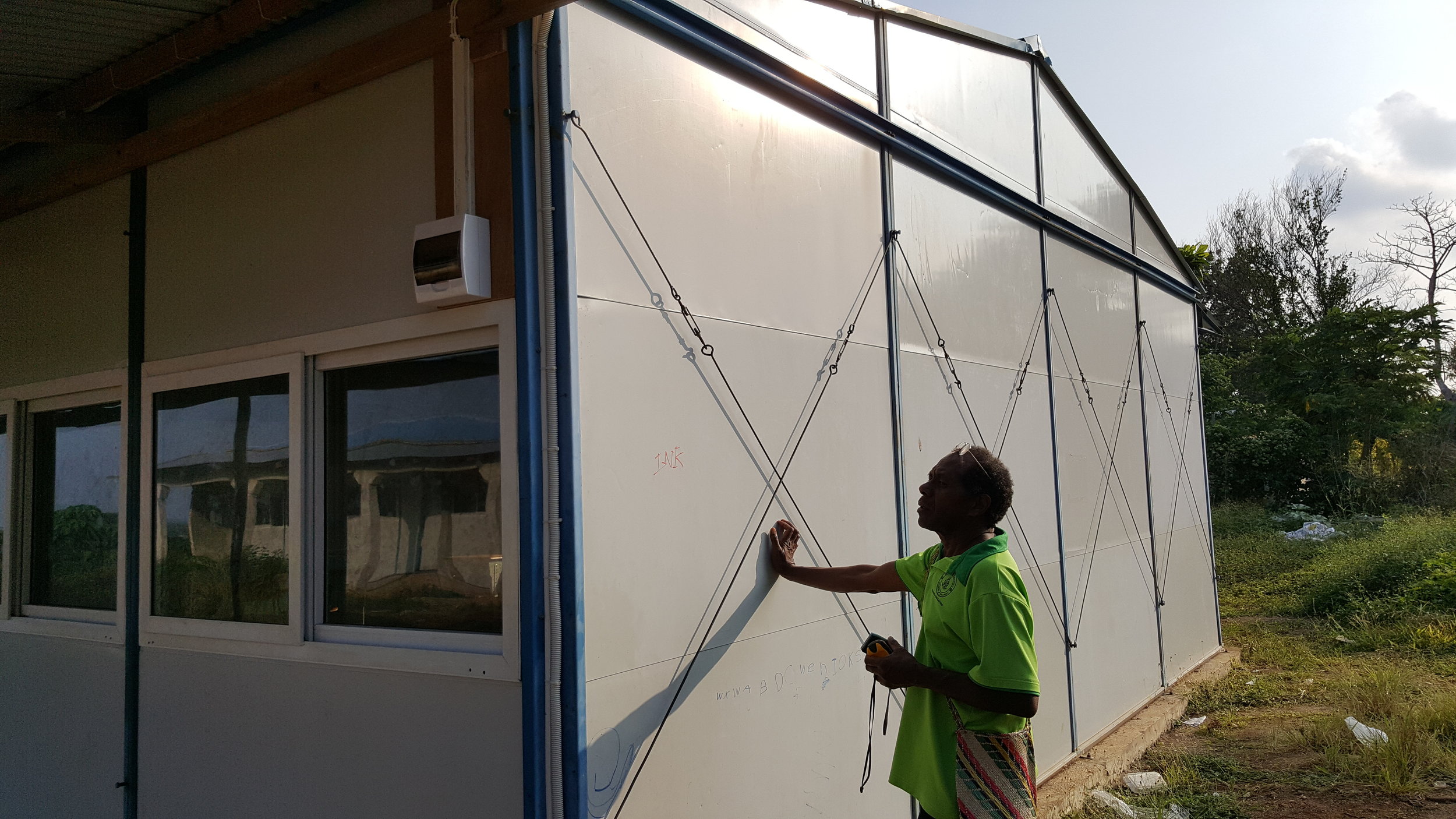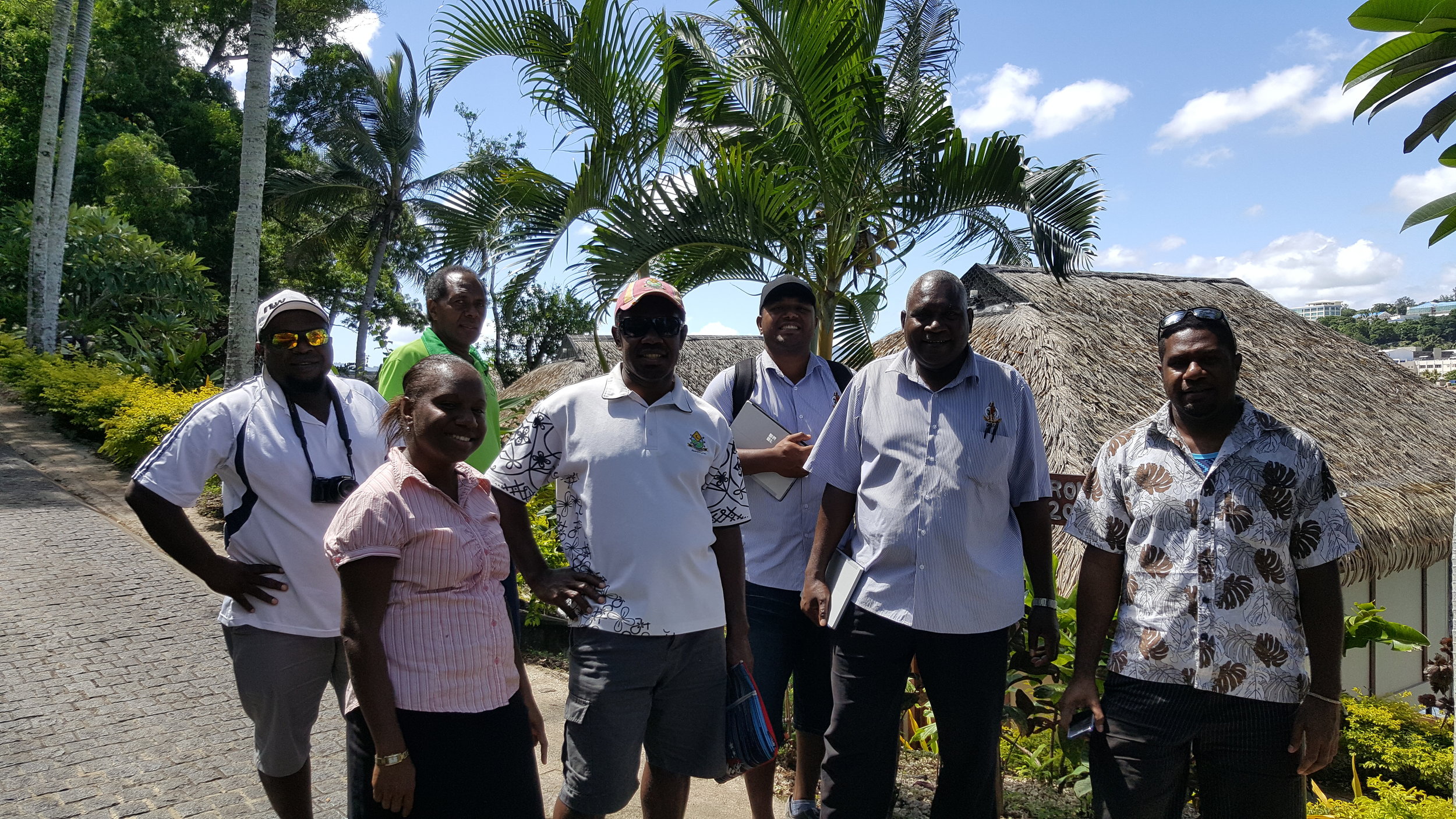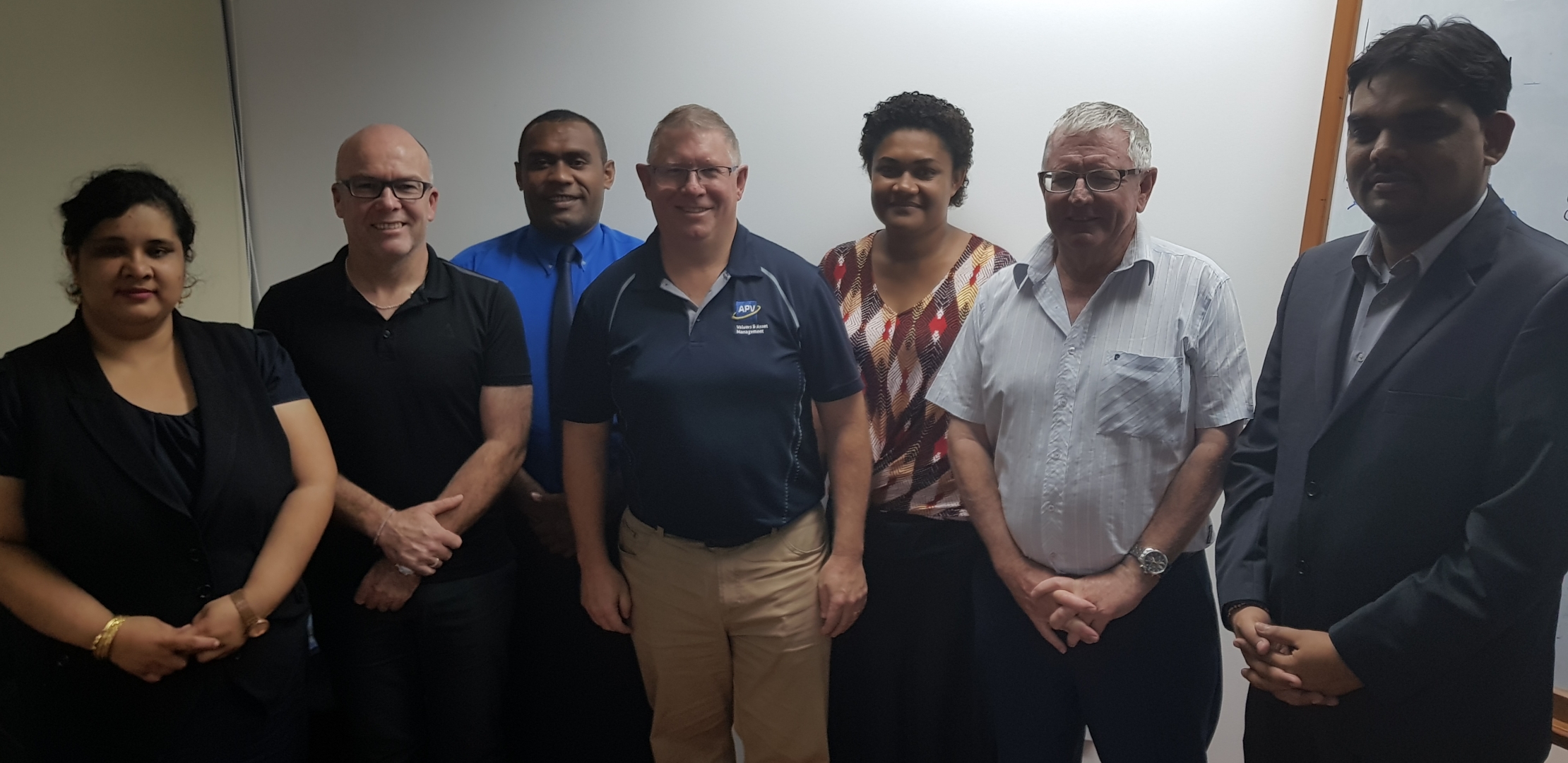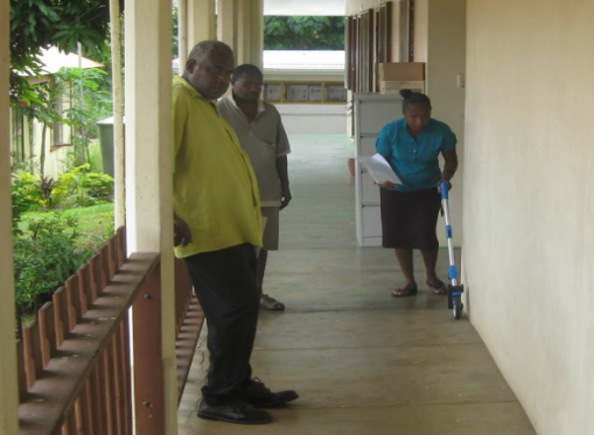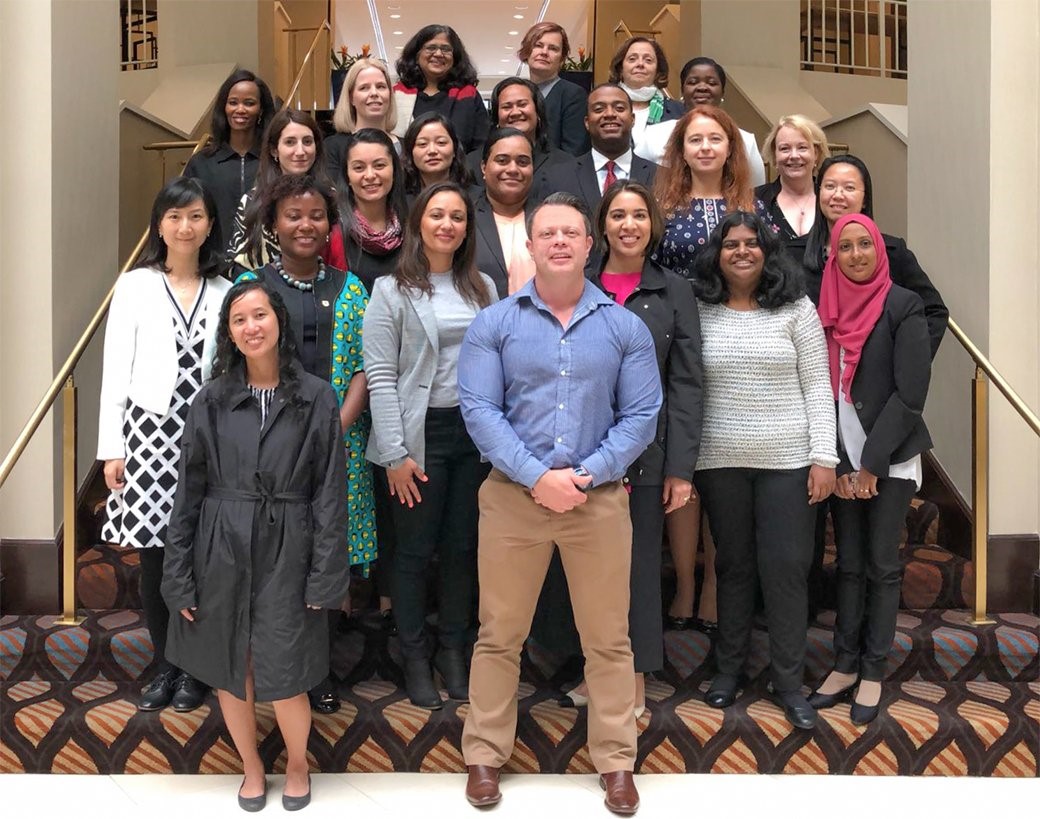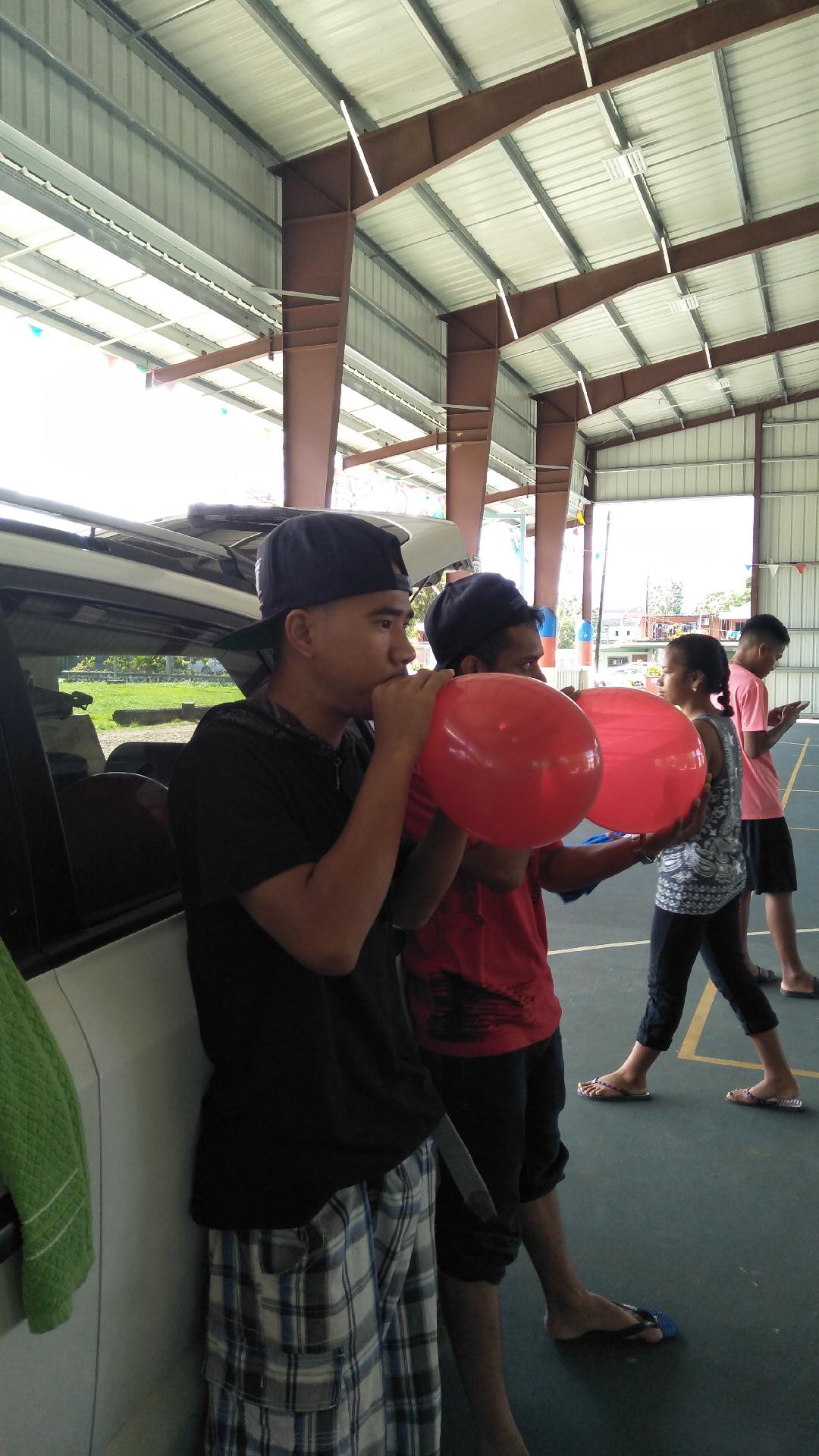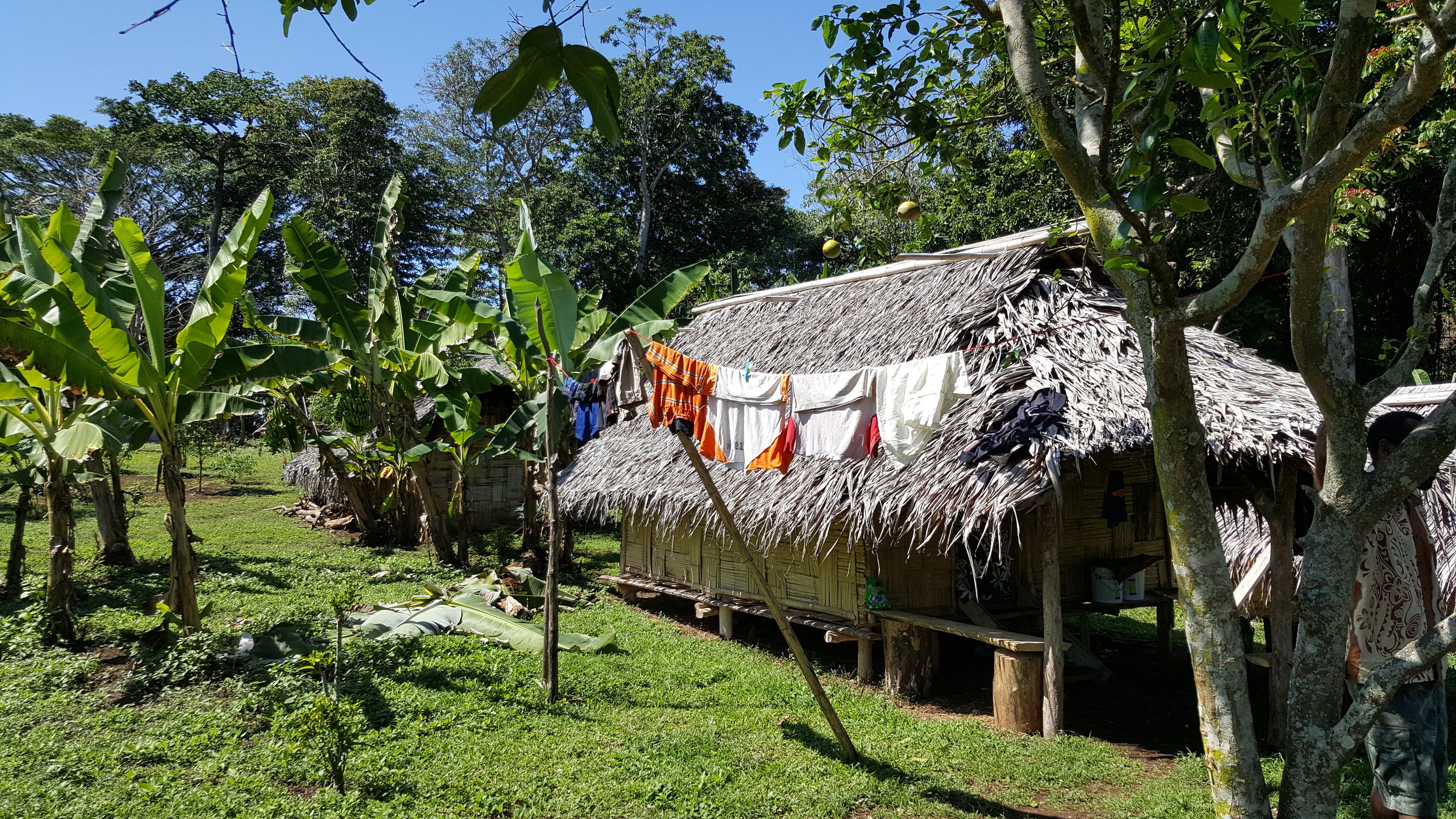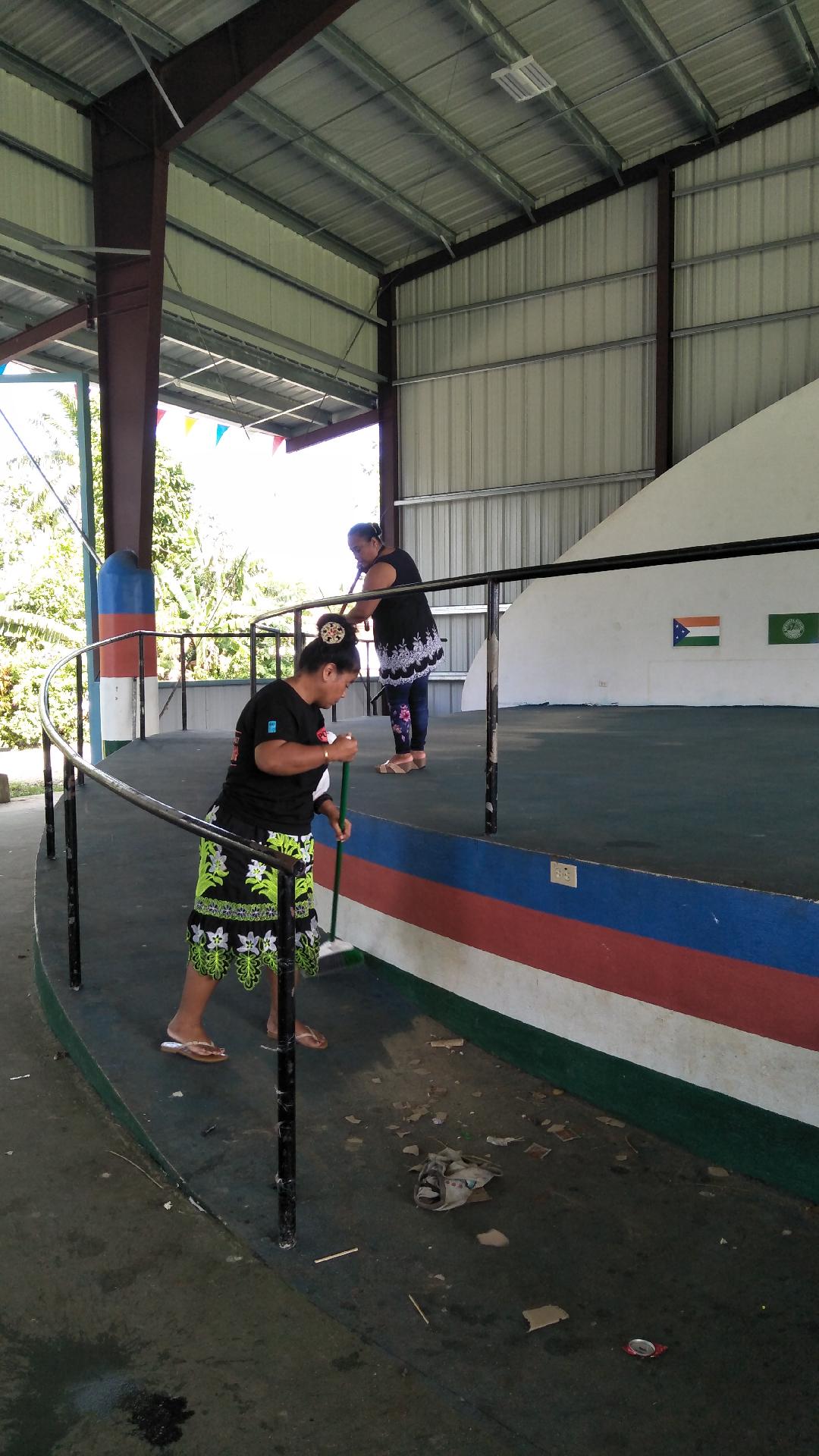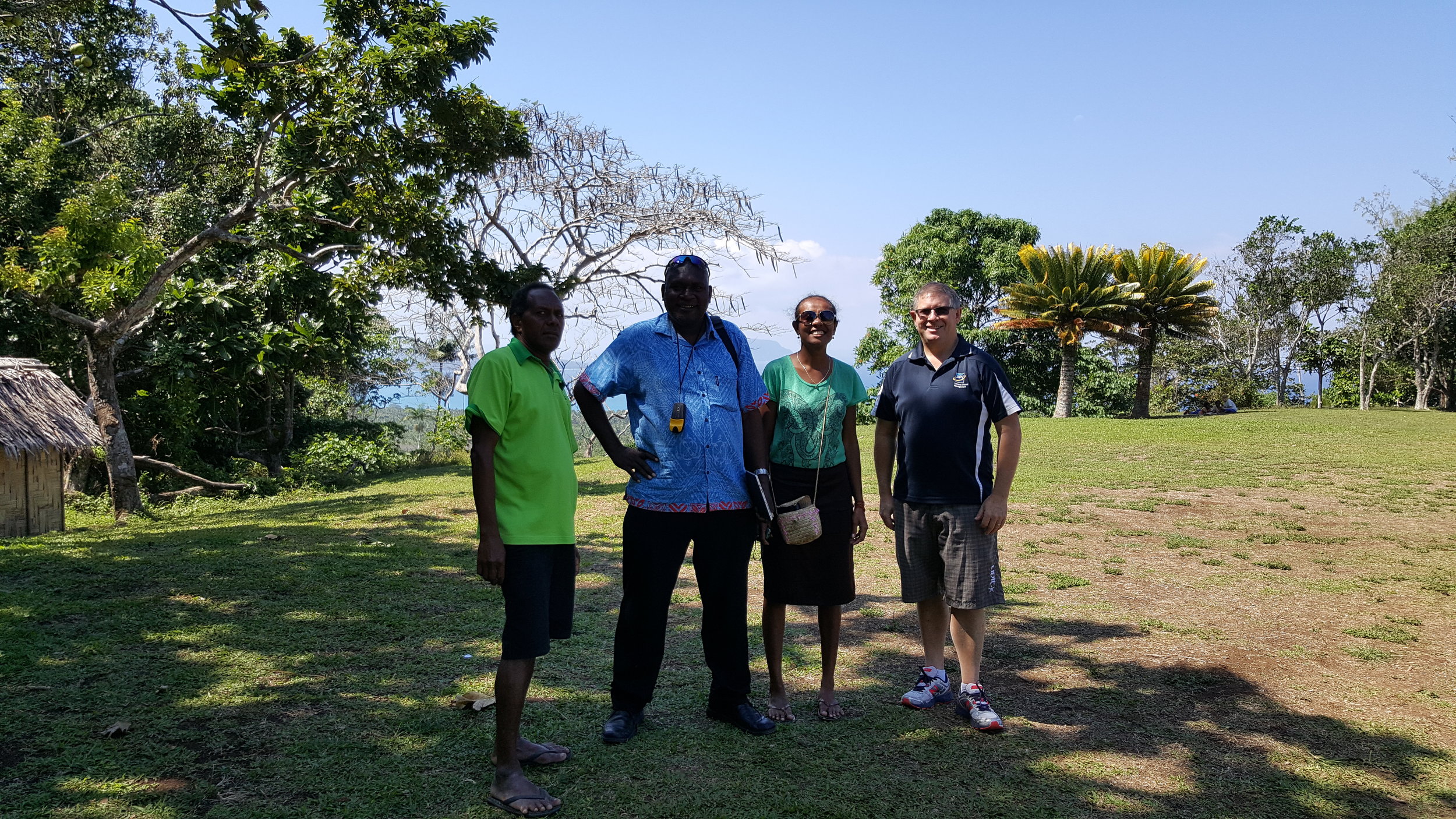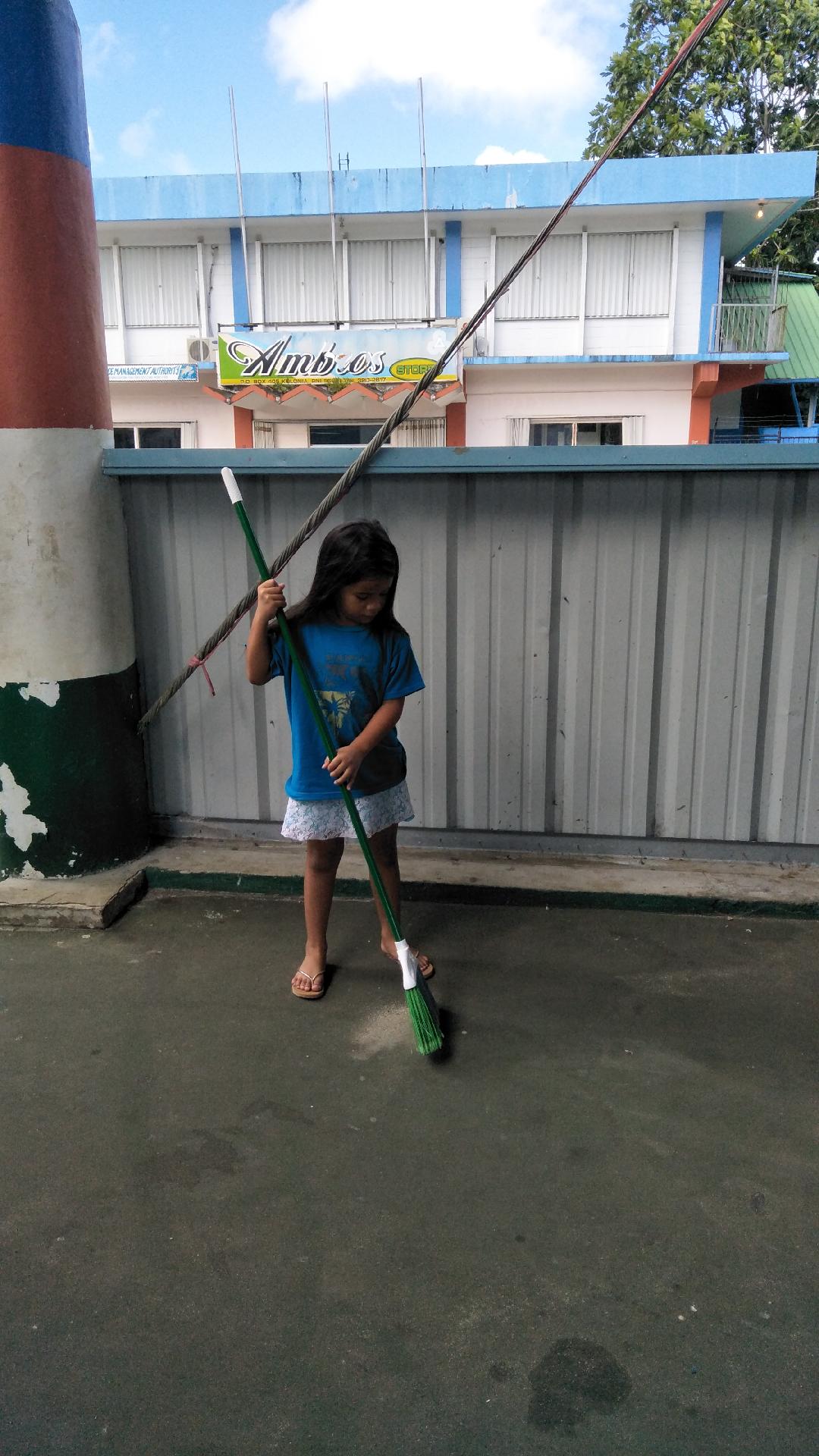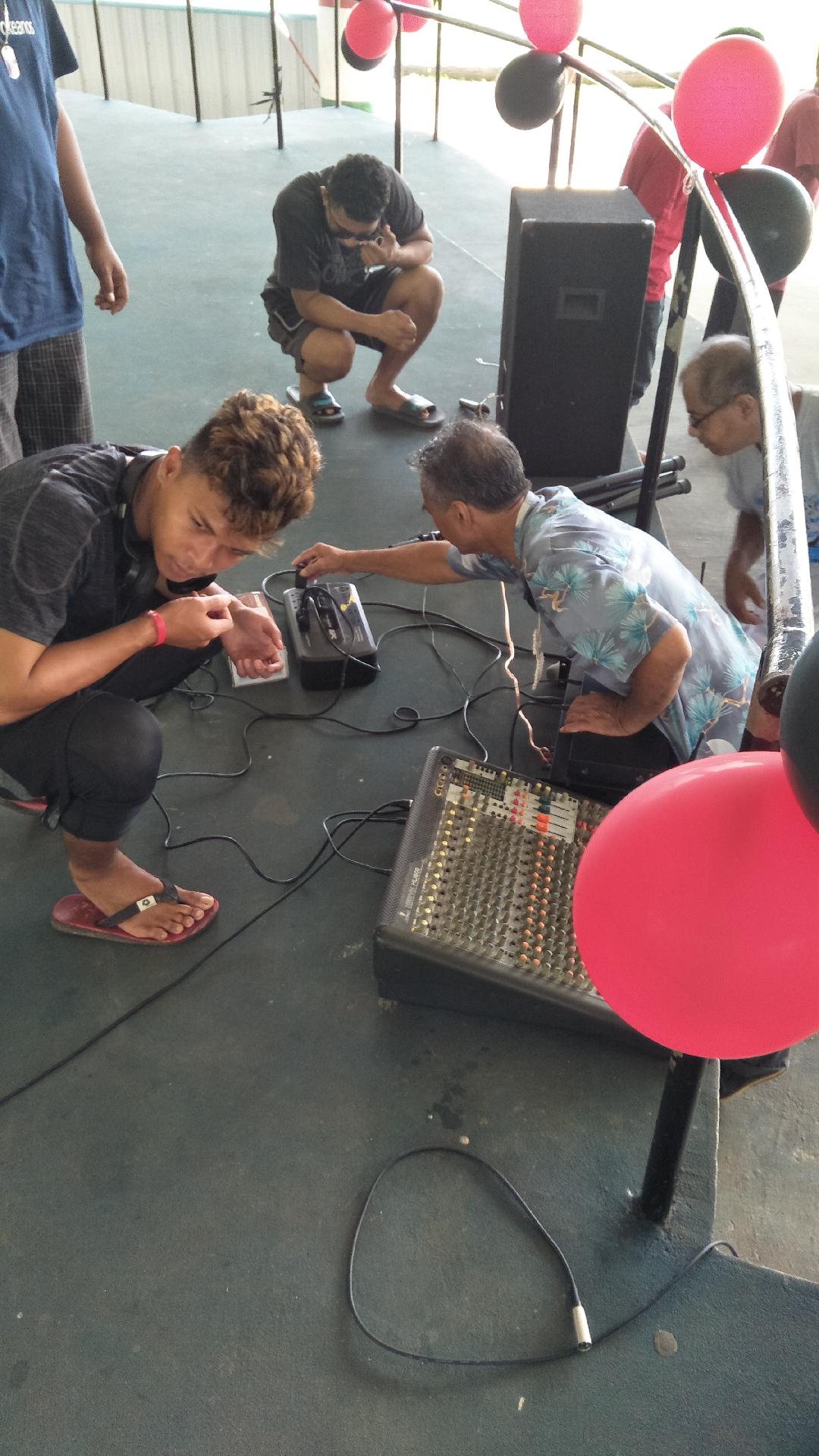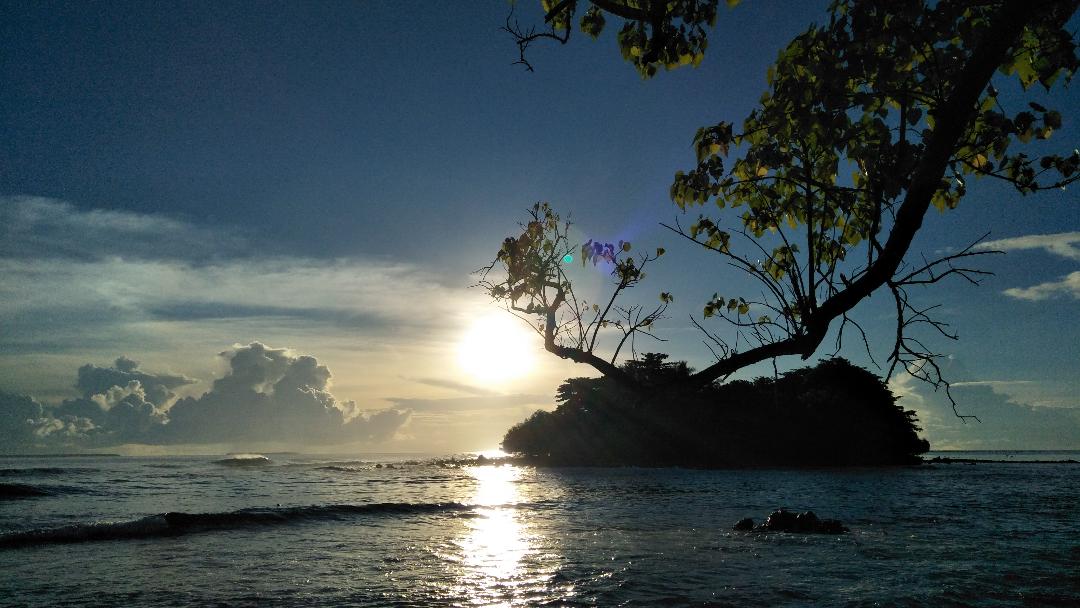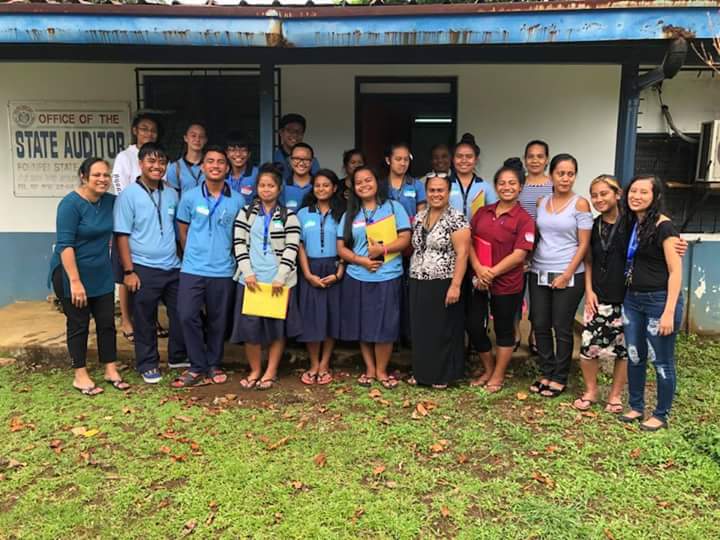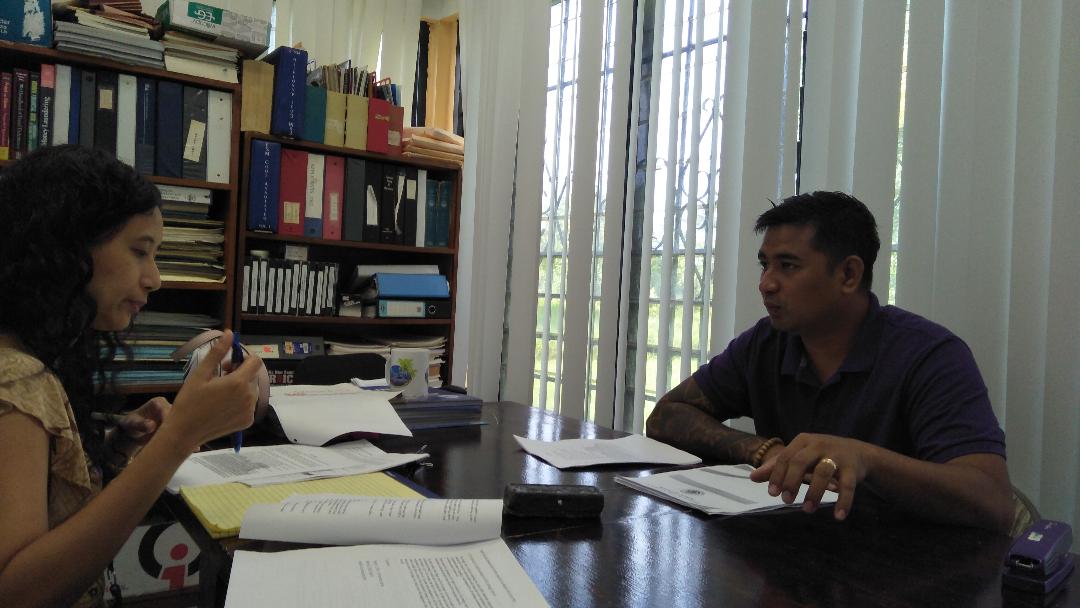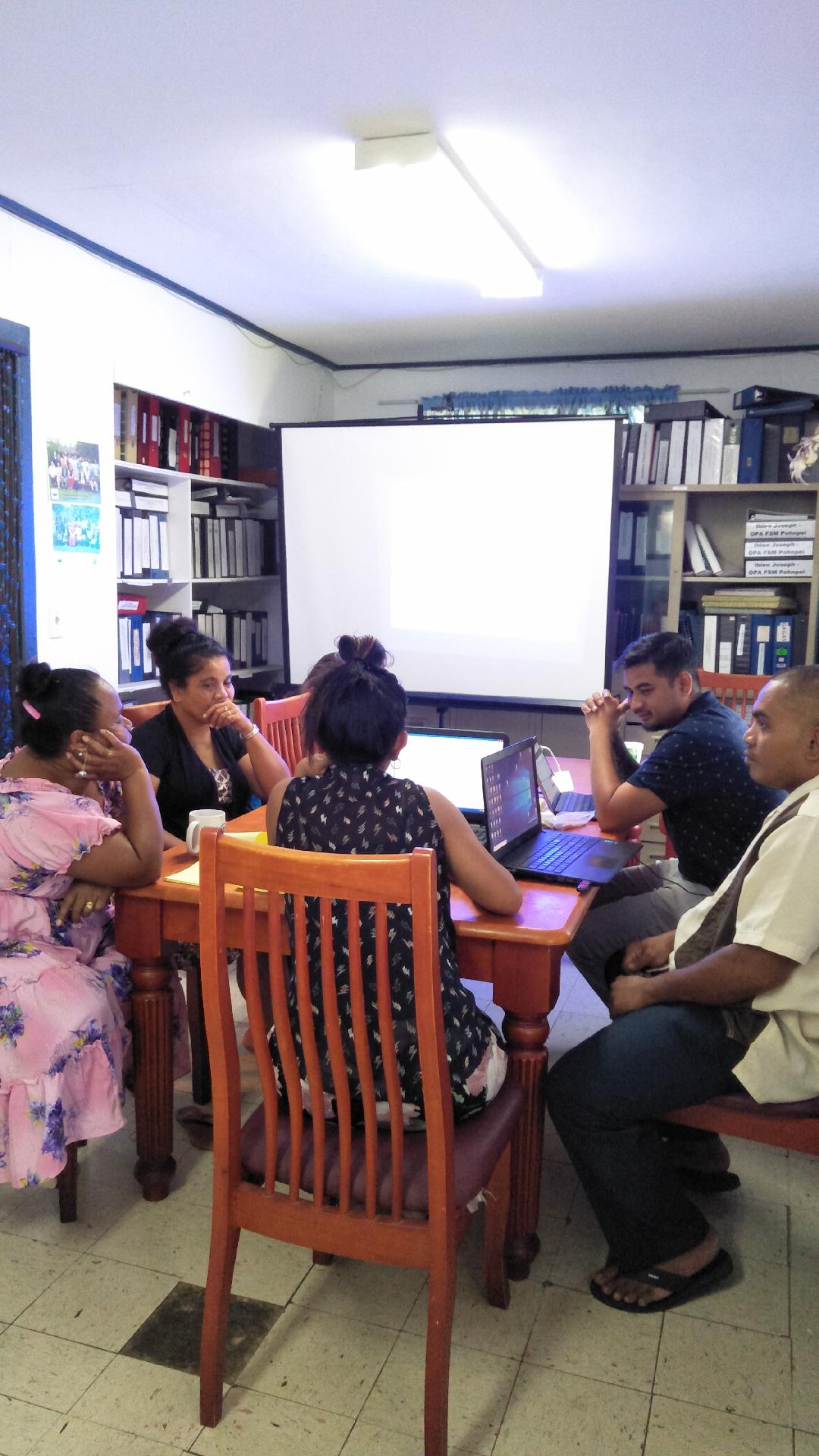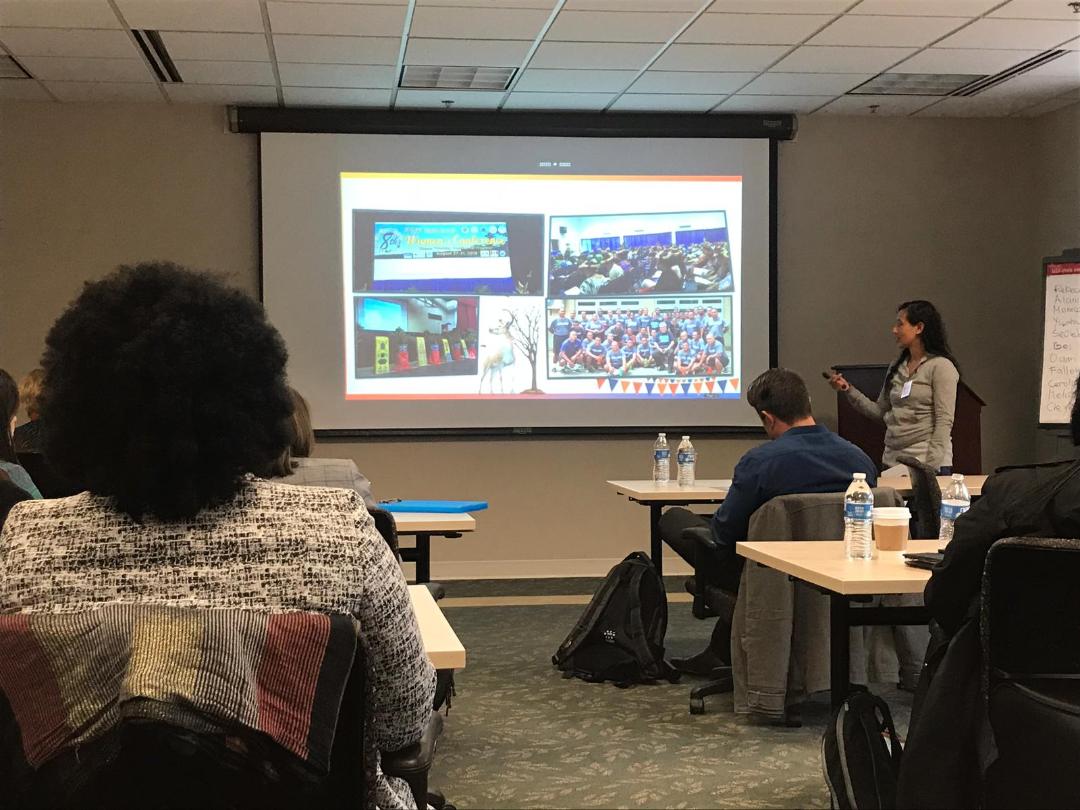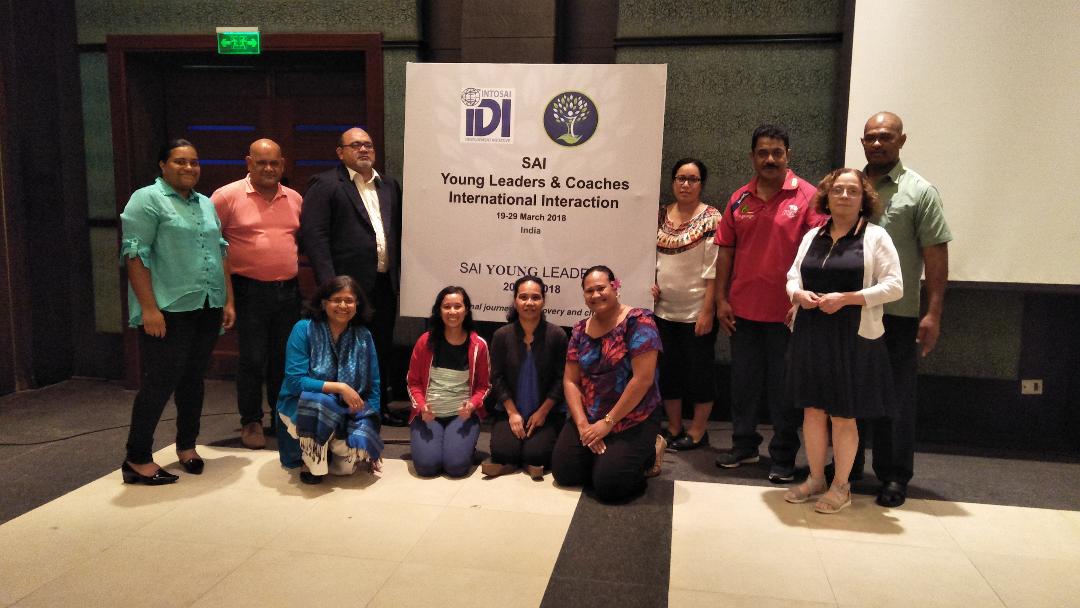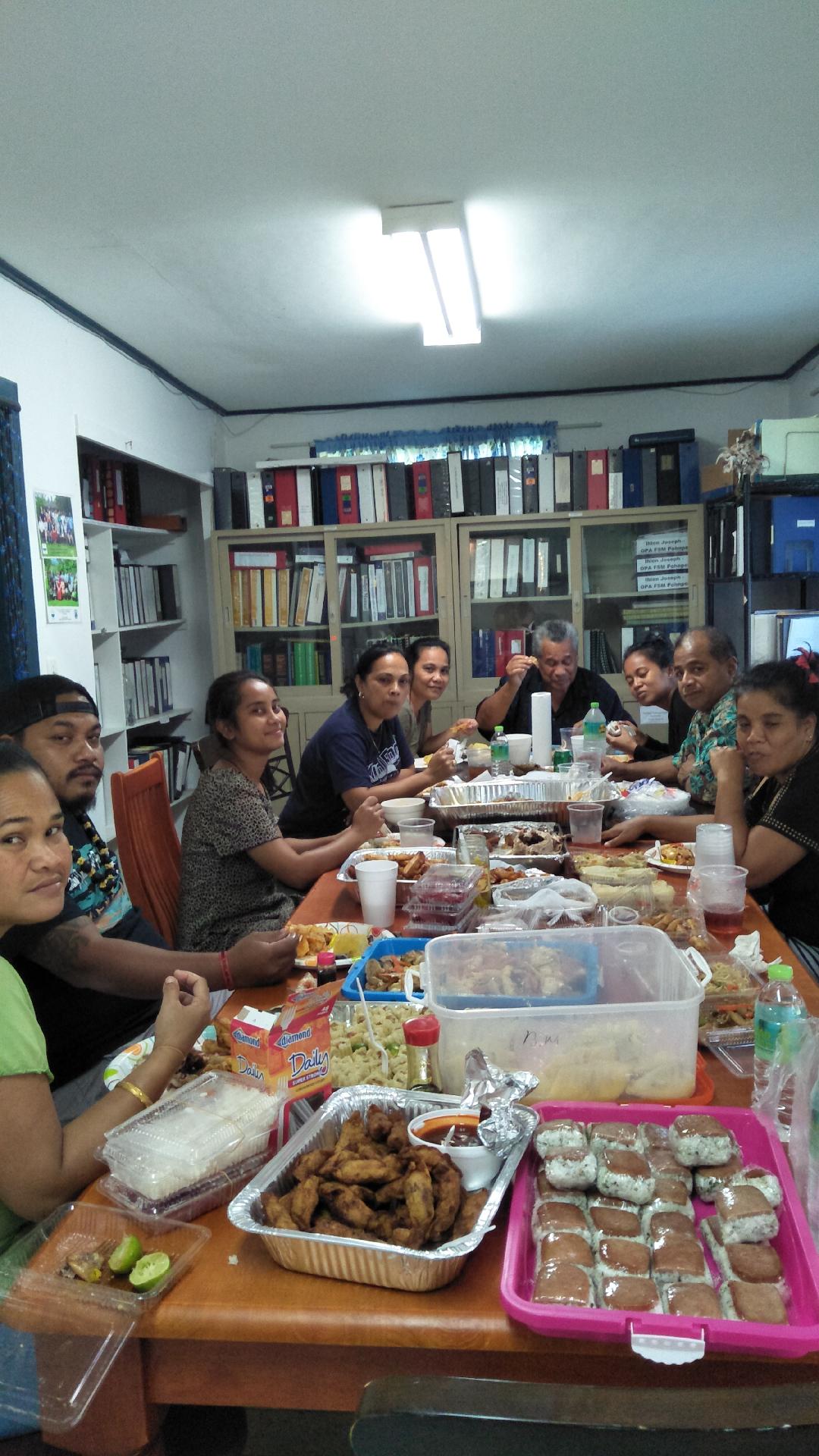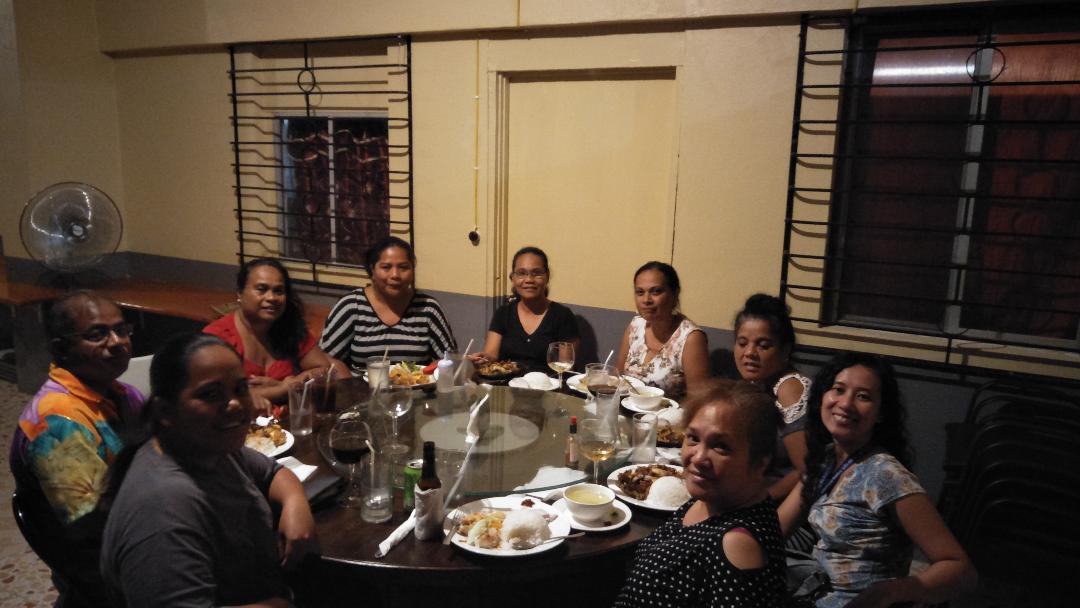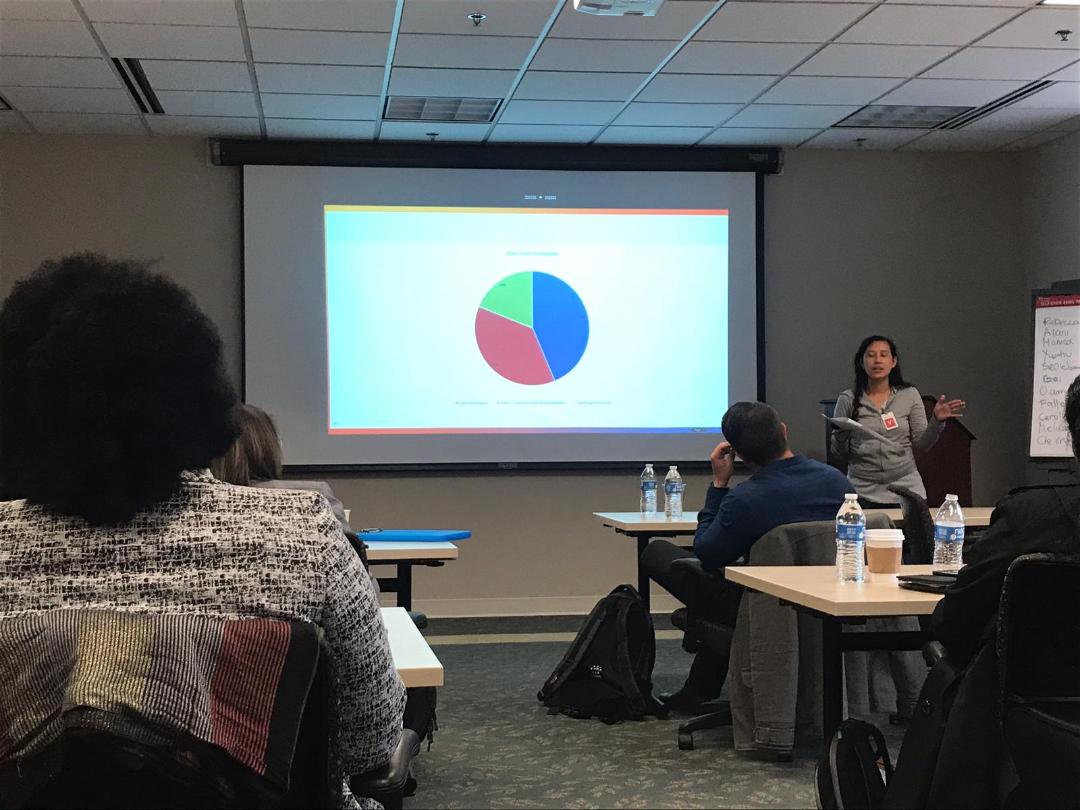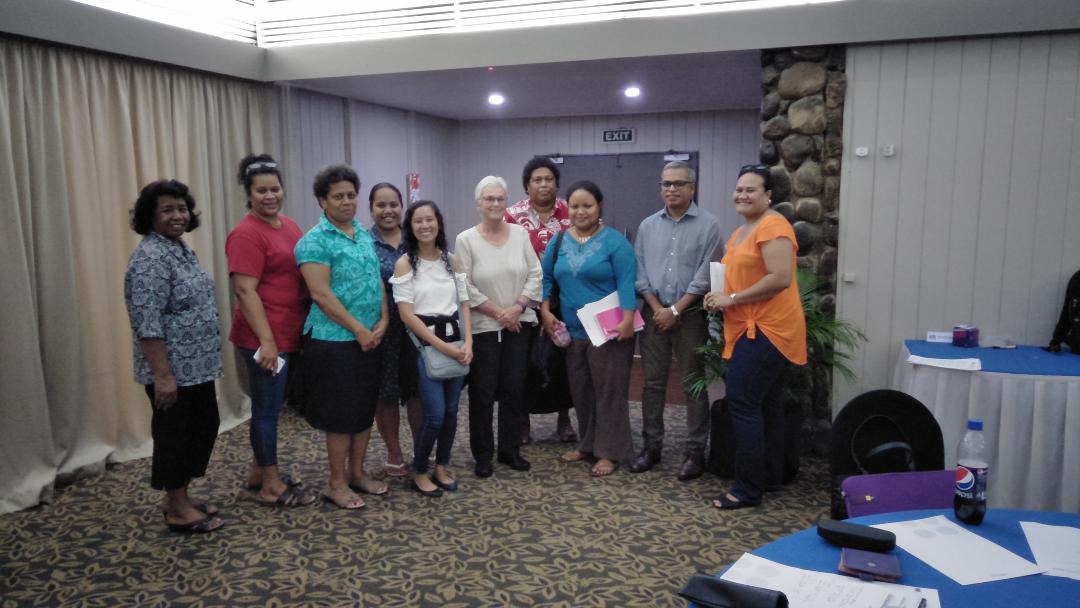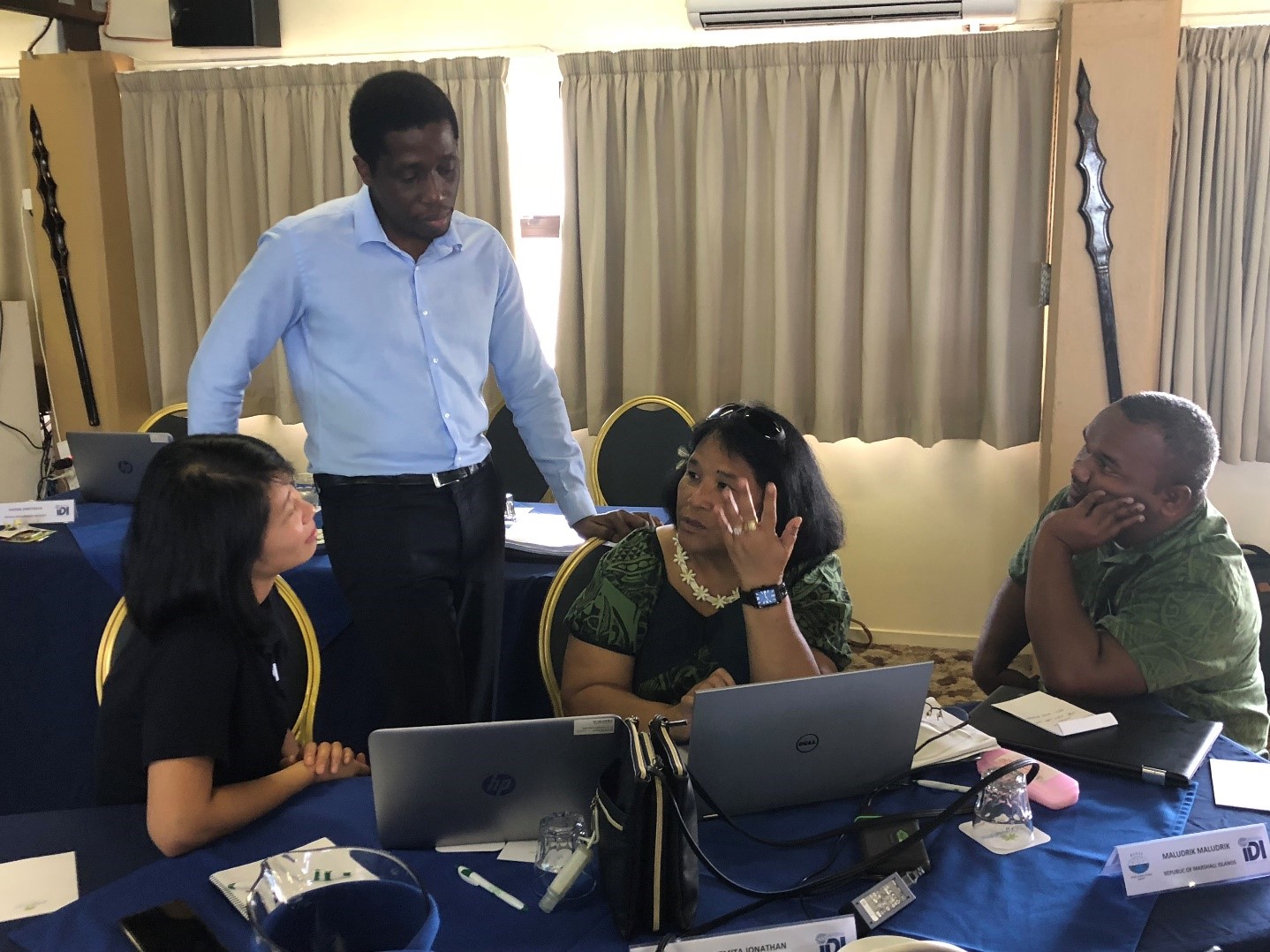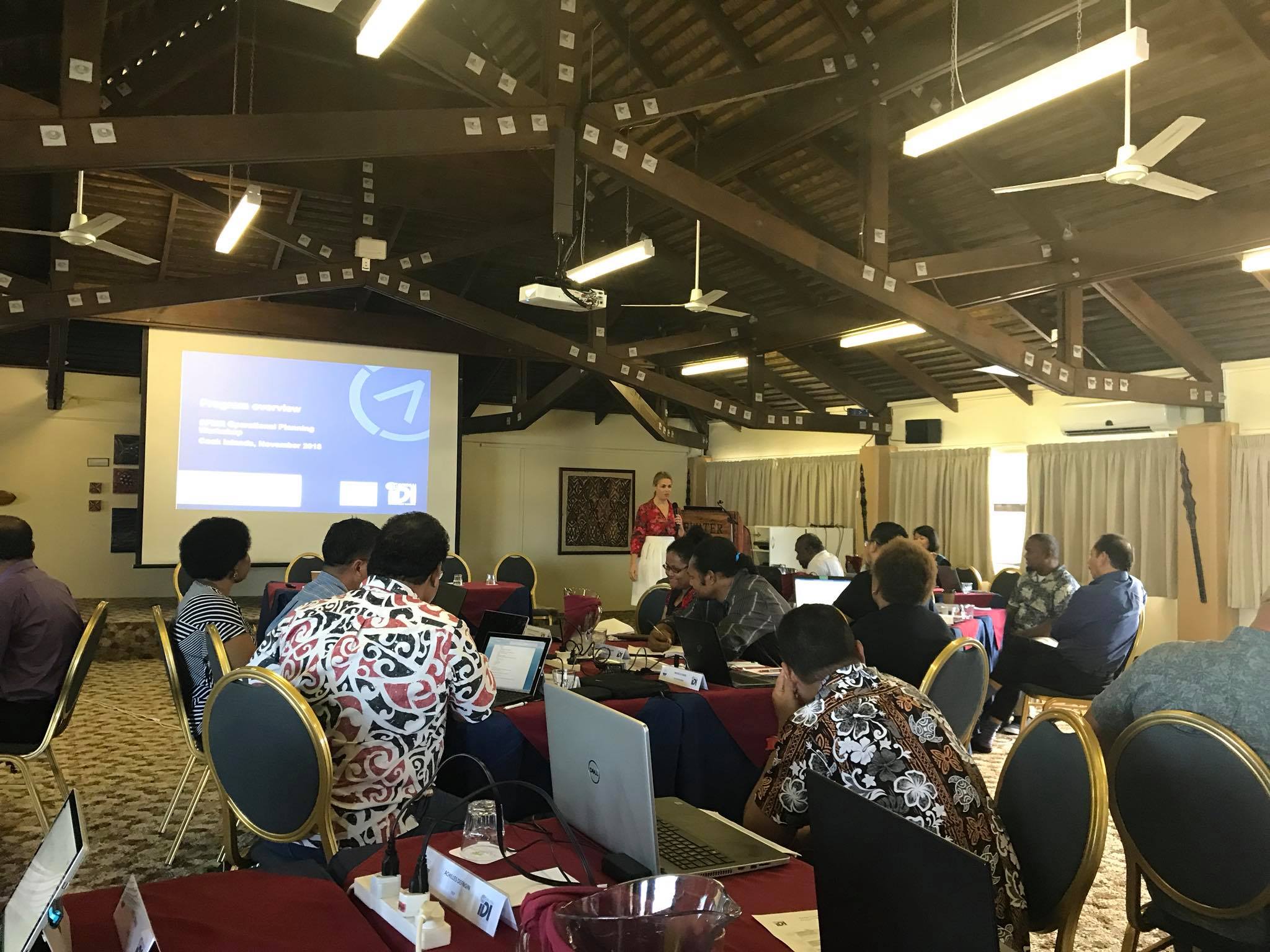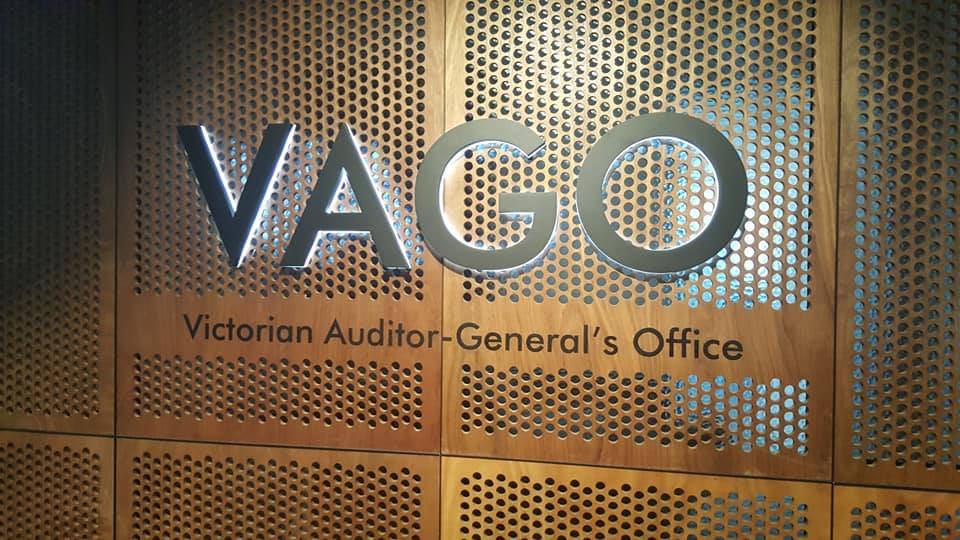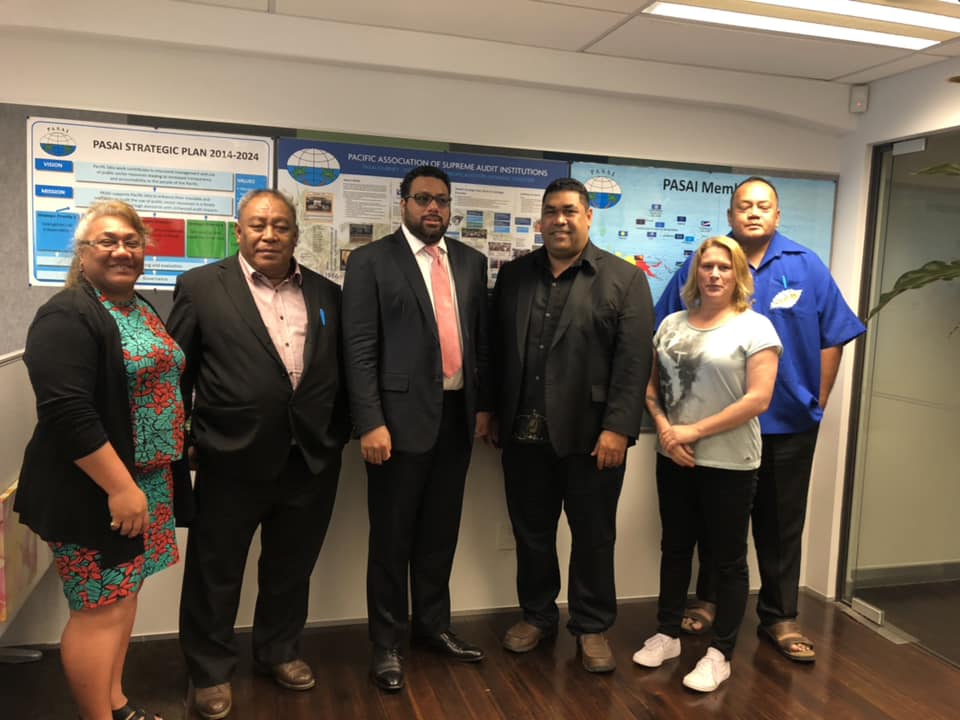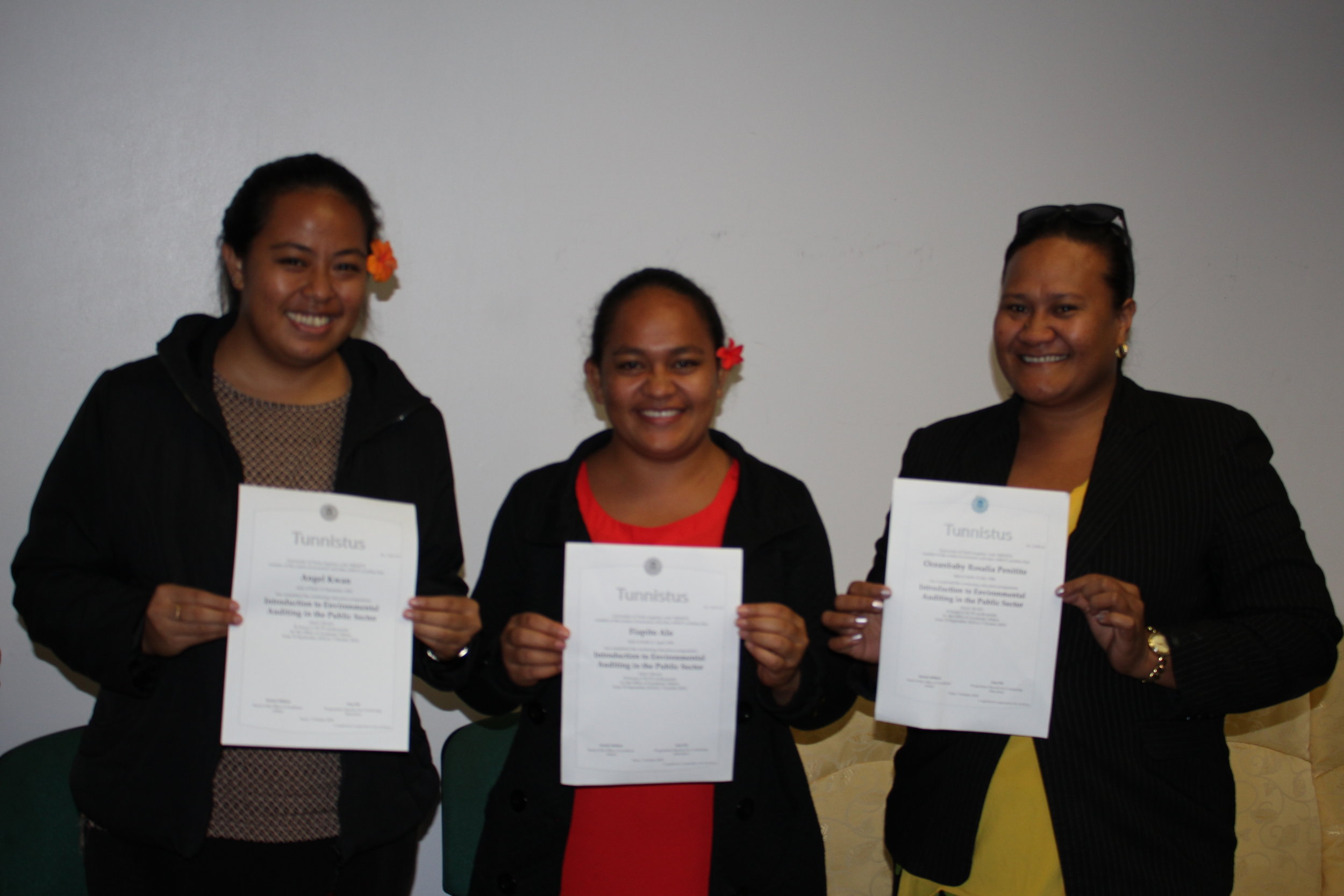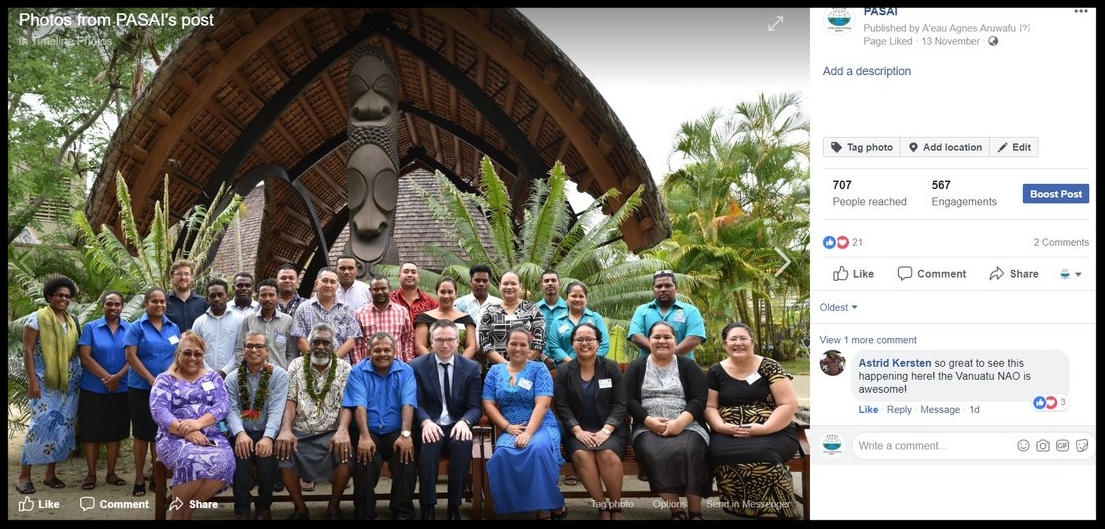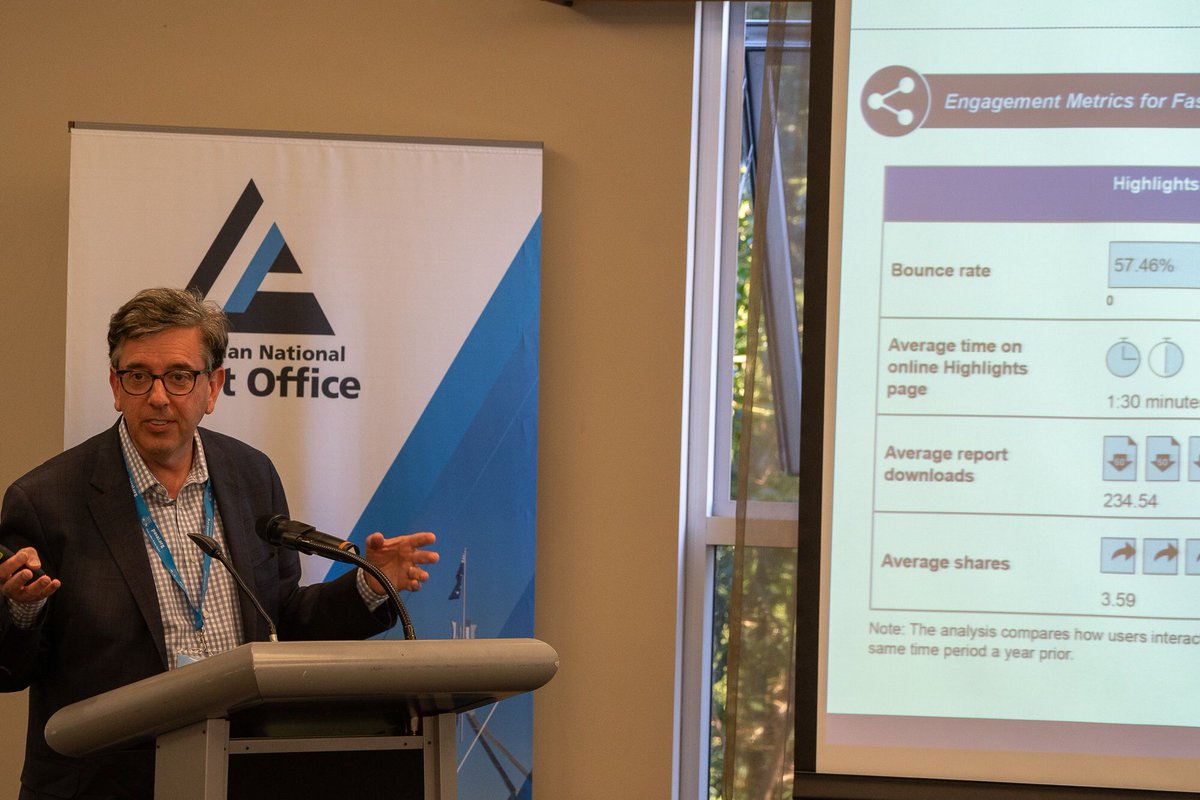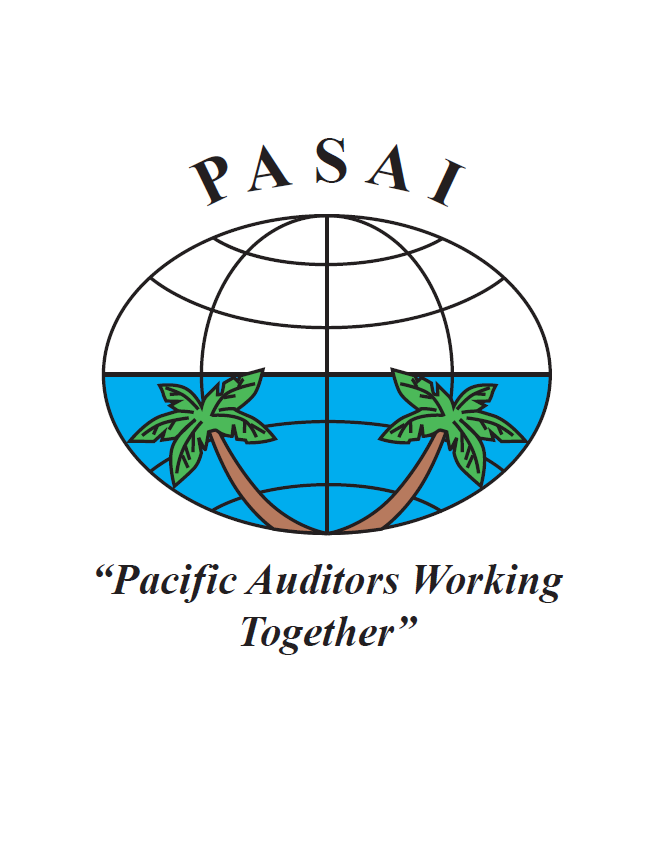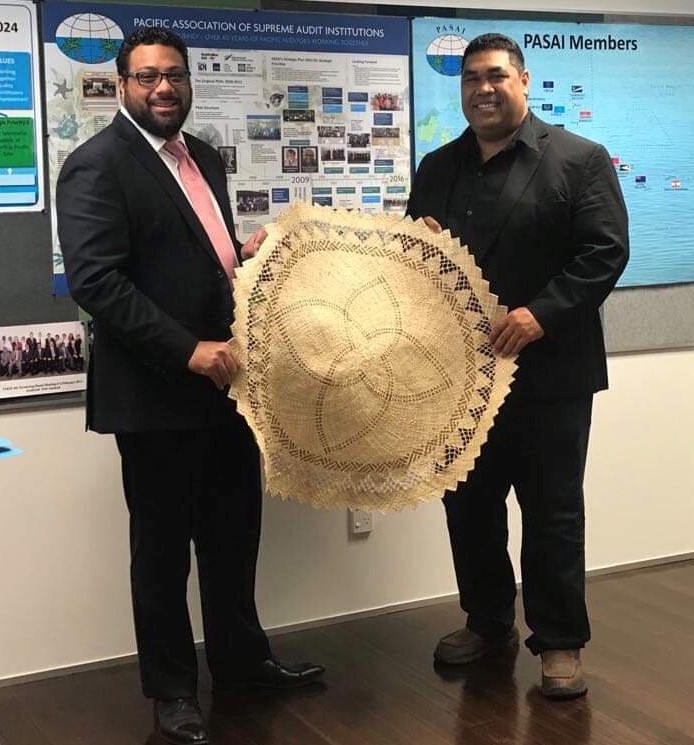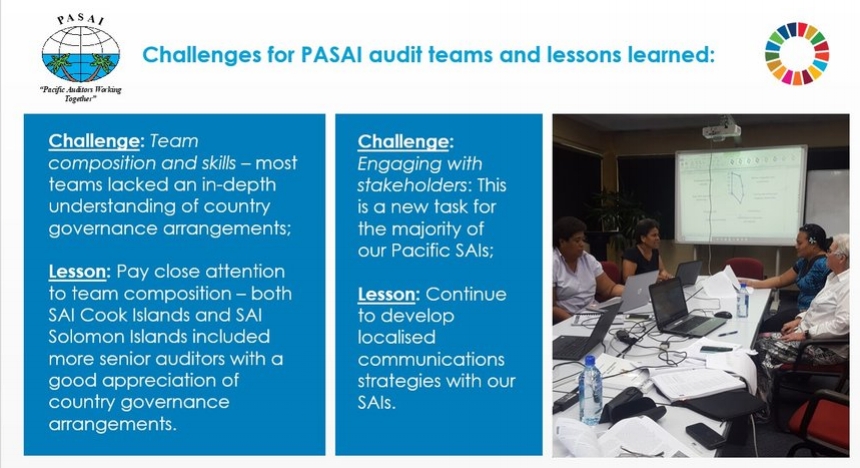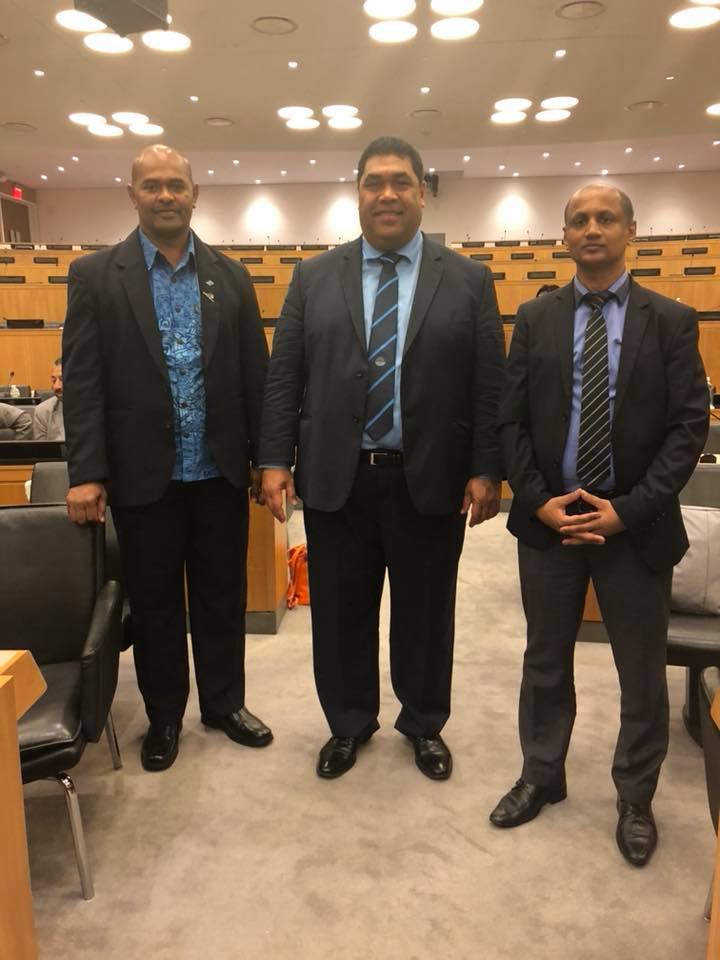Attending the Congress were over 60 participants representing 19 member SAIs, development partner organisations and international bodies supporting the work of PASAI in meeting its strategic plan, and PASAI’s Secretariat along with other observers. The Governing Board of PASAI held their 19th meeting on 27 August 2018 before Congress began, with chairmanship handing over from Tuvalu’s Auditor-General, Eli Lopati, to Grant Hehir, Auditor-General of Australia.
The central theme of the Congress was ‘Embracing the Digital Future’. The topic provoked lively discussions throughout the three-day event, most particularly about the importance of storing, accessing, sorting and presenting data in the most effective and efficient ways to achieve transparency and accountability in auditing. As stated by keynote speaker Senator Dean Smith, a Western Australia Senator and Chair of the Joint Committee of Public Accounts and Audit: “efficiency is not the sole criteria. Scrutiny is the key.”
Attendees heard from SAIs and innovators from around the region on the many initiatives being undertaken to gather and analyse data in practical, useable ways, from the visual management of critical medical data in the Tuapai Project as presented by Dr Michael Nunan to the suite of tools being used by Queensland Audit Office to filter, analyse and present information in their audit reporting. The Pacific SAIs were represented by Samoa and Fiji, who both demonstrated that the progress, challenges and issues faced by small Pacific islands were the same as those faced by the more developed SAIs in Australia and NZ.
From the international SAI perspective, IDI’s Archana Shirsat presented the INTOSAI Professional Education for SAI Auditors (PESA), and spoke of the wider use of e-learning technology in global programs that can be utilised effectively within SAIs to avoid costly travel and lack of connection. Chuck Young of the INTOSAI Journal underlined this further, describing how ‘The communications field is rapidly changing, and the deluge of information demands that we present our work in a clear and concise way’ with an introduction of the Journal’s ‘Fast Facts’ initiative.
Congress delegates discussed their own local challenges and triumphs. They agreed that, while they are all at different stages in this journey into embracing the digital future, the mutual sharing of data analysis experience will benefit all SAIs. By allowing them to ‘leapfrog’ older, slower pathways, this shared learning could enable them to identify effective strategies and contemporary data analysis tools so that SAIs remain relevant in this challenging age of digital transformation. In turn, this could strengthen accountability and transparency across the region.
Oher main strategic issues that were discussed include progress of SAIs in conducting SAI PMF assessments and reports, status of Financial Statement of Government audits, and quality assurance program for SAIs. There was also an opportunity for members of ACAG and PASAI to hold their own meeting to discuss and collaborate on future twinning opportunities.
Hosted by the Australian National Audit Office, Congress and Governing Board participants enjoyed true ‘Aussie’ hospitality, including a traditional ‘barbie’, a lyrical and traditional welcome from Aboriginal leader Luther, and close contact with some Australian wildlife – including a tall Kangaroo, in the form of Australian NRL legend, Petero Civoniceva, who broke the record for the most international matches for Australia of any forward in history.
PASAI looks forwards to next year’s 22nd PASAI Congress to be hosted by Fiji SAI in Nadi Fiji. Meanwhile, the full communiqué from Congress 2018 can be viewed here.
PASAI AND ADB WORKING WITH SAIS OF NAURU AND PNG



